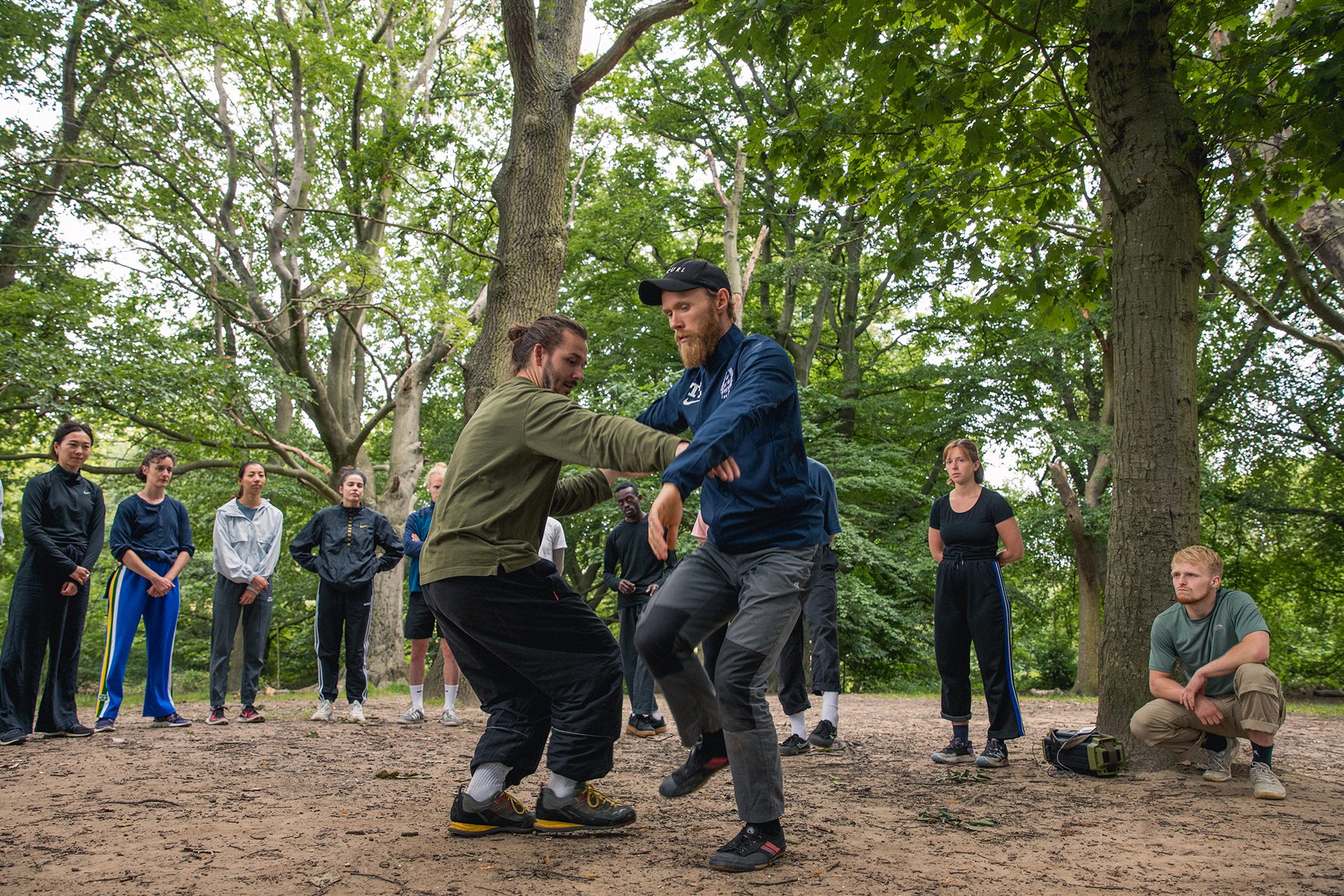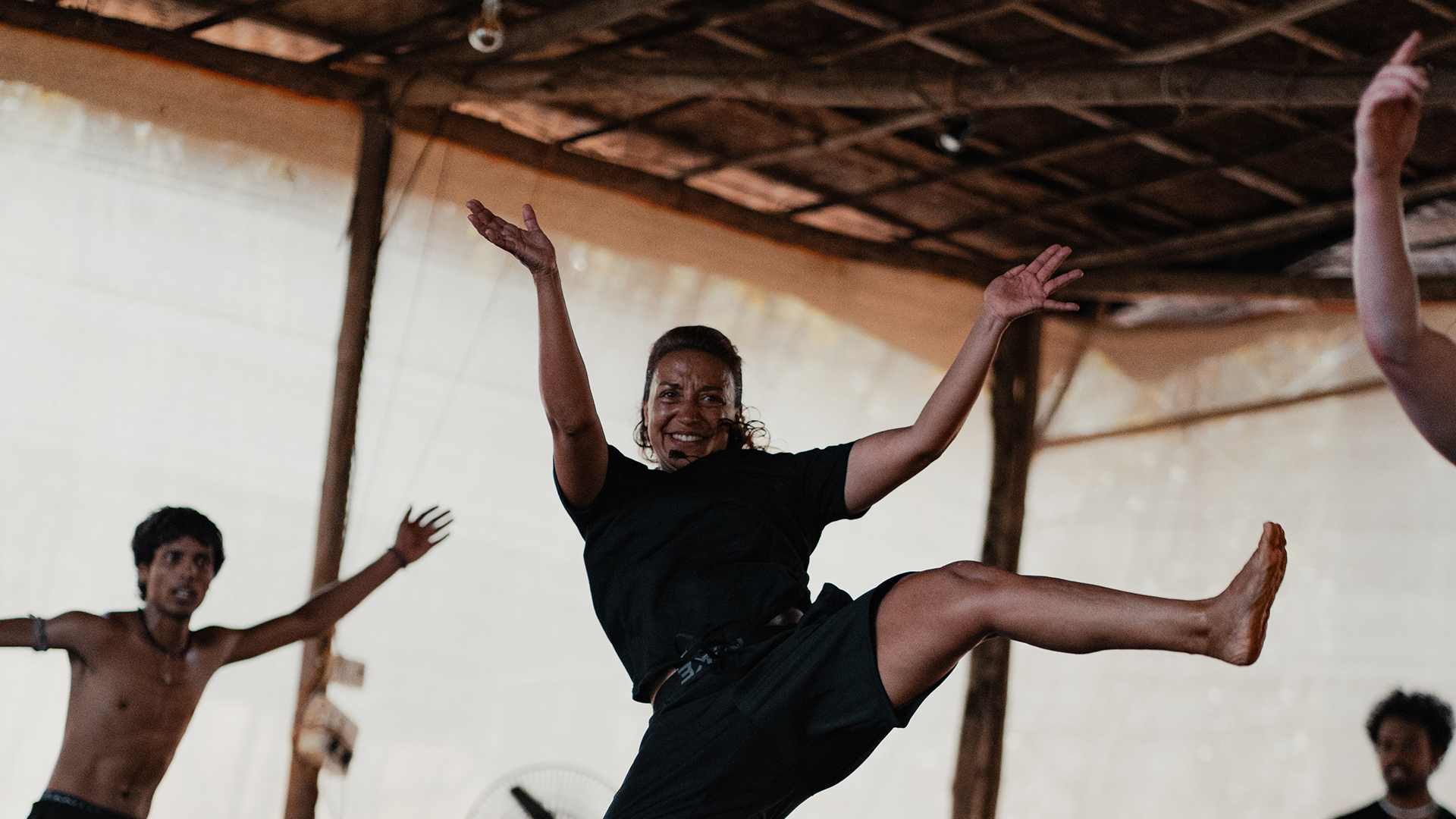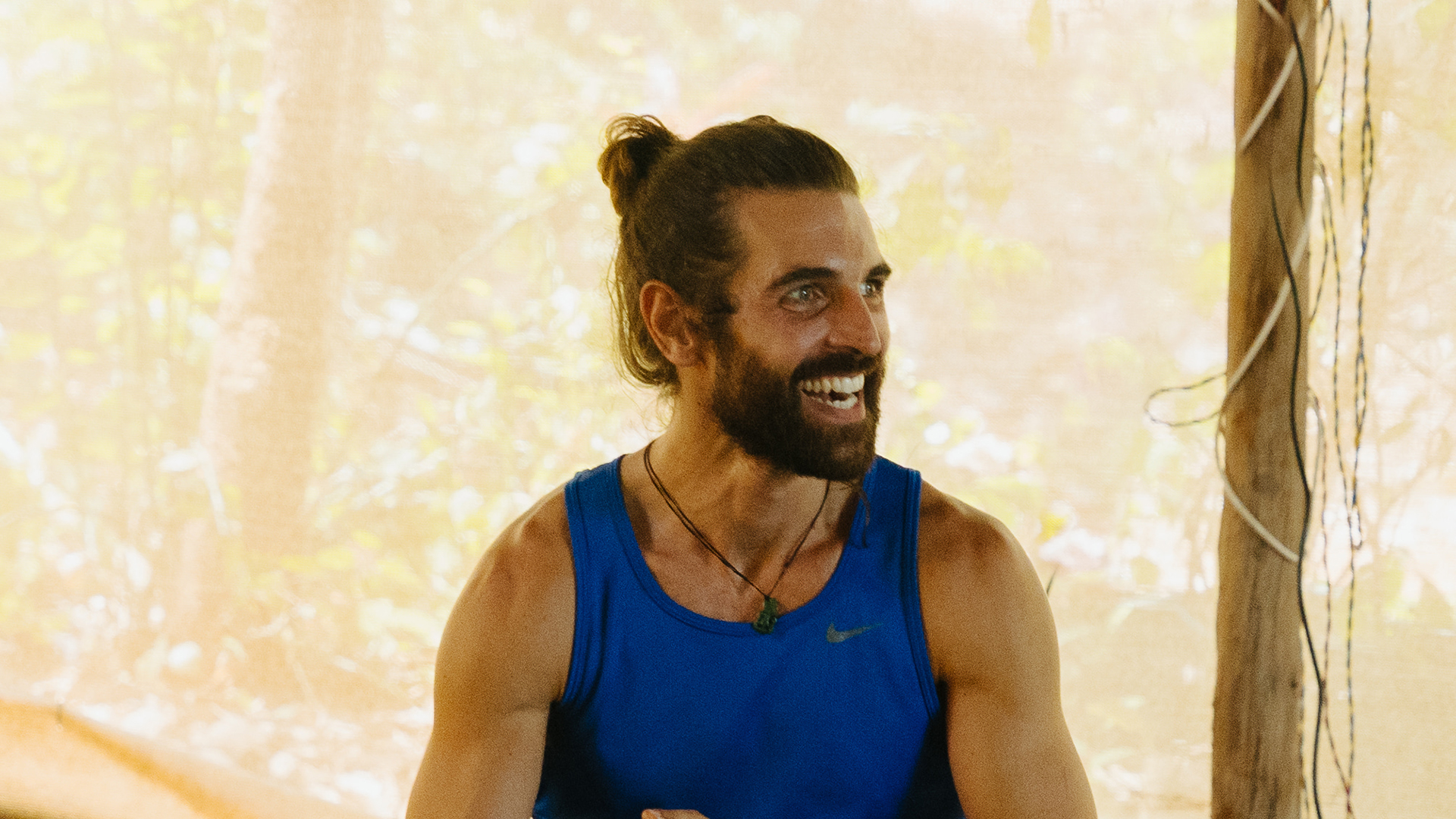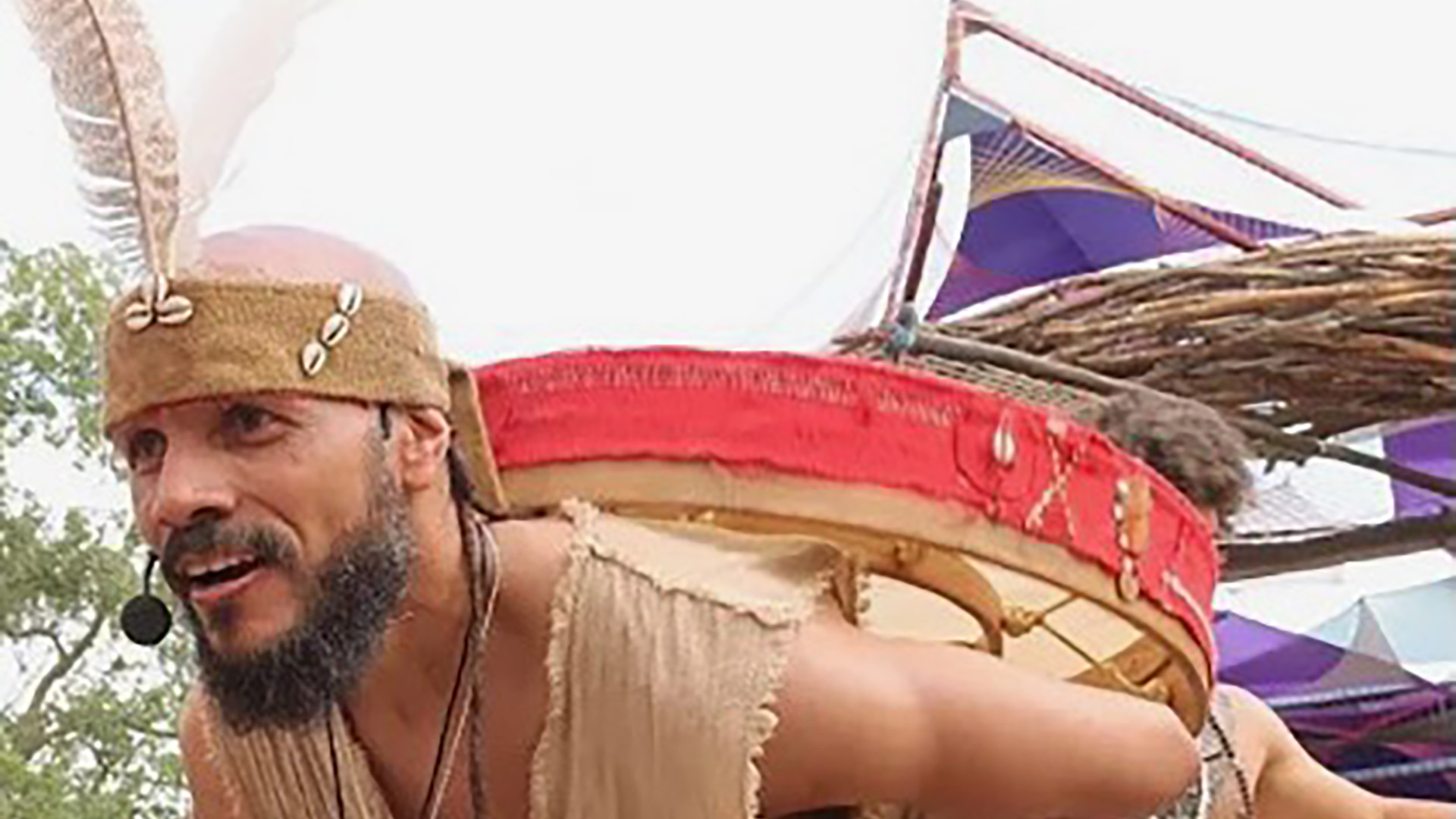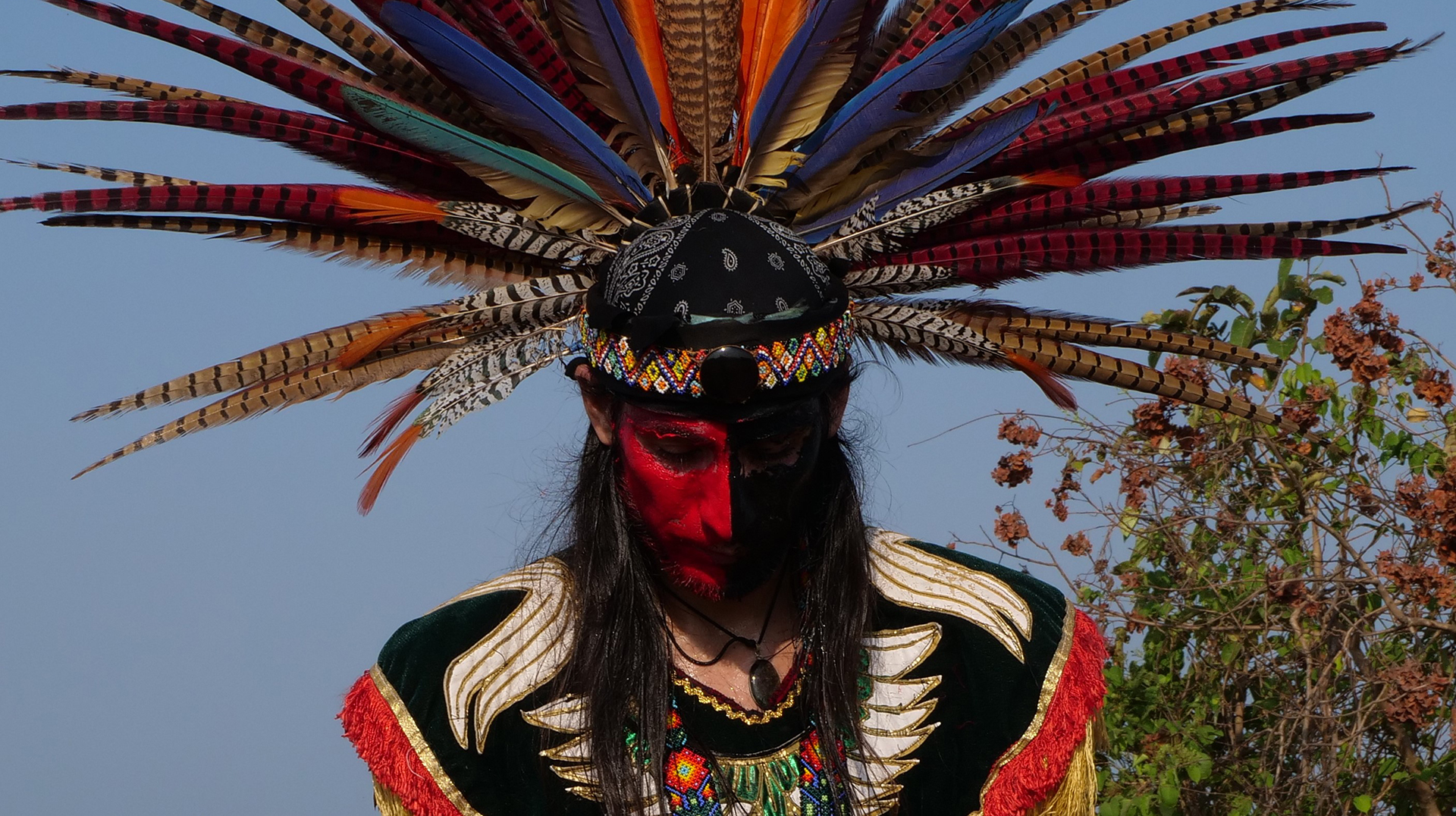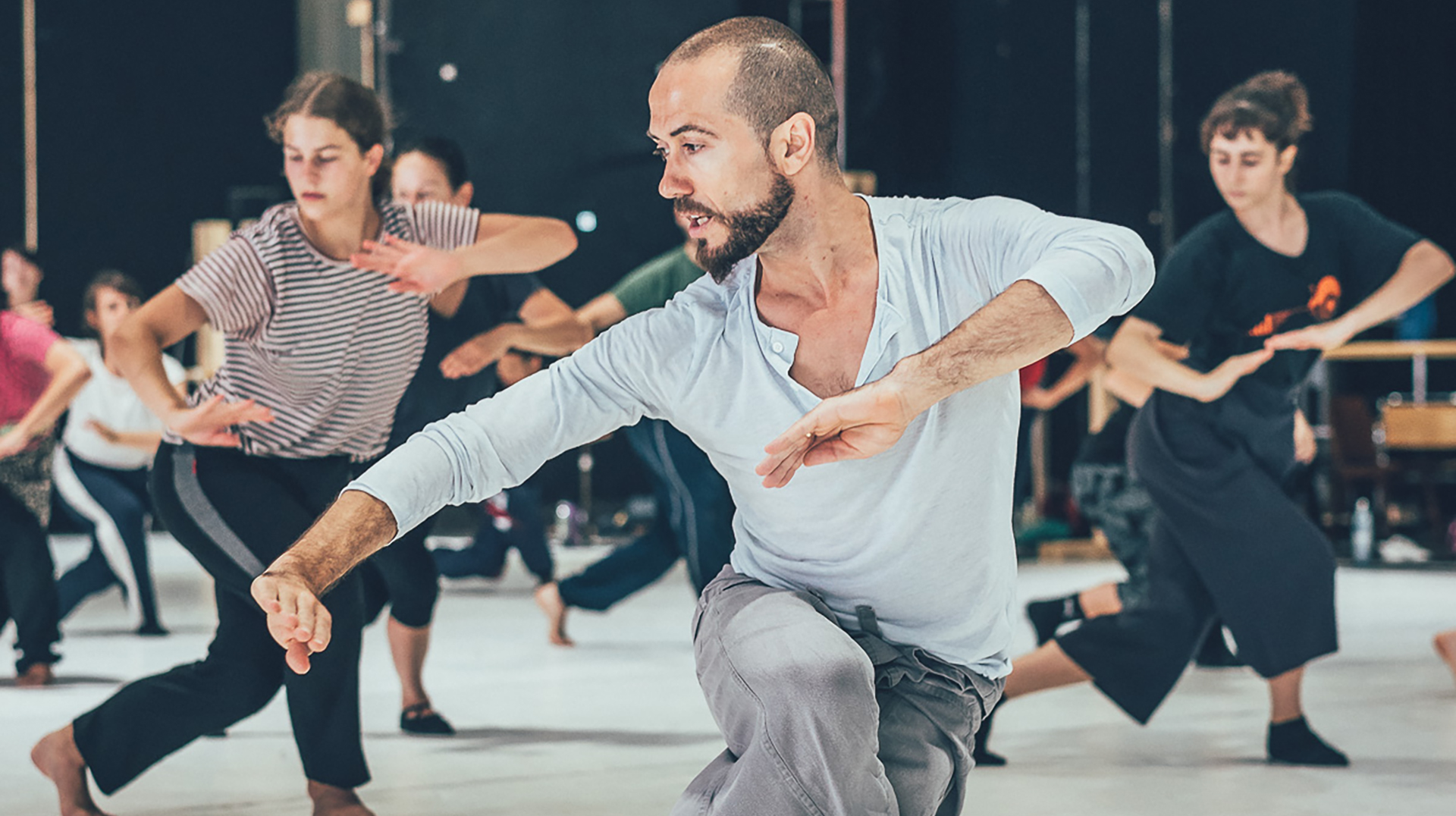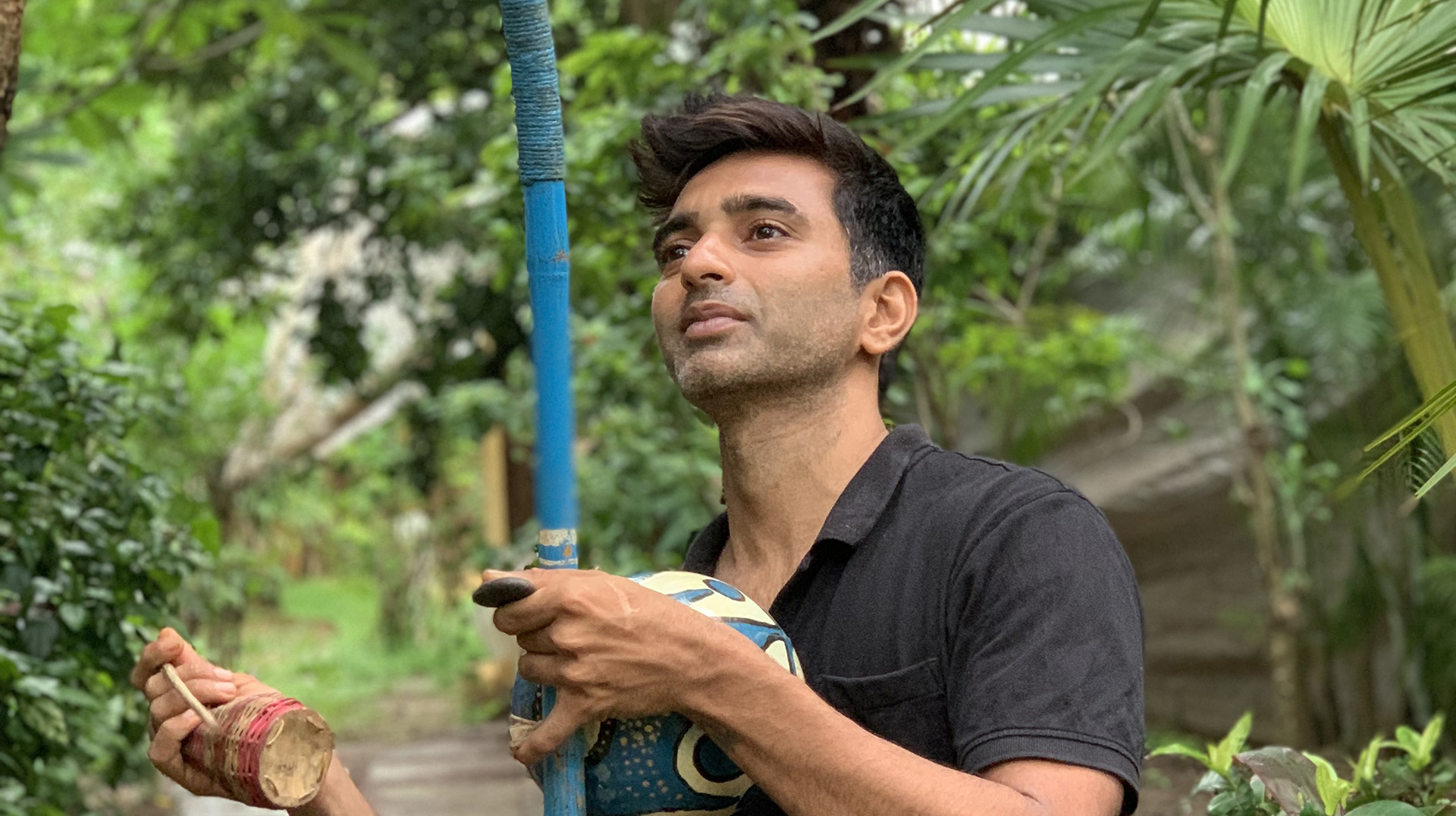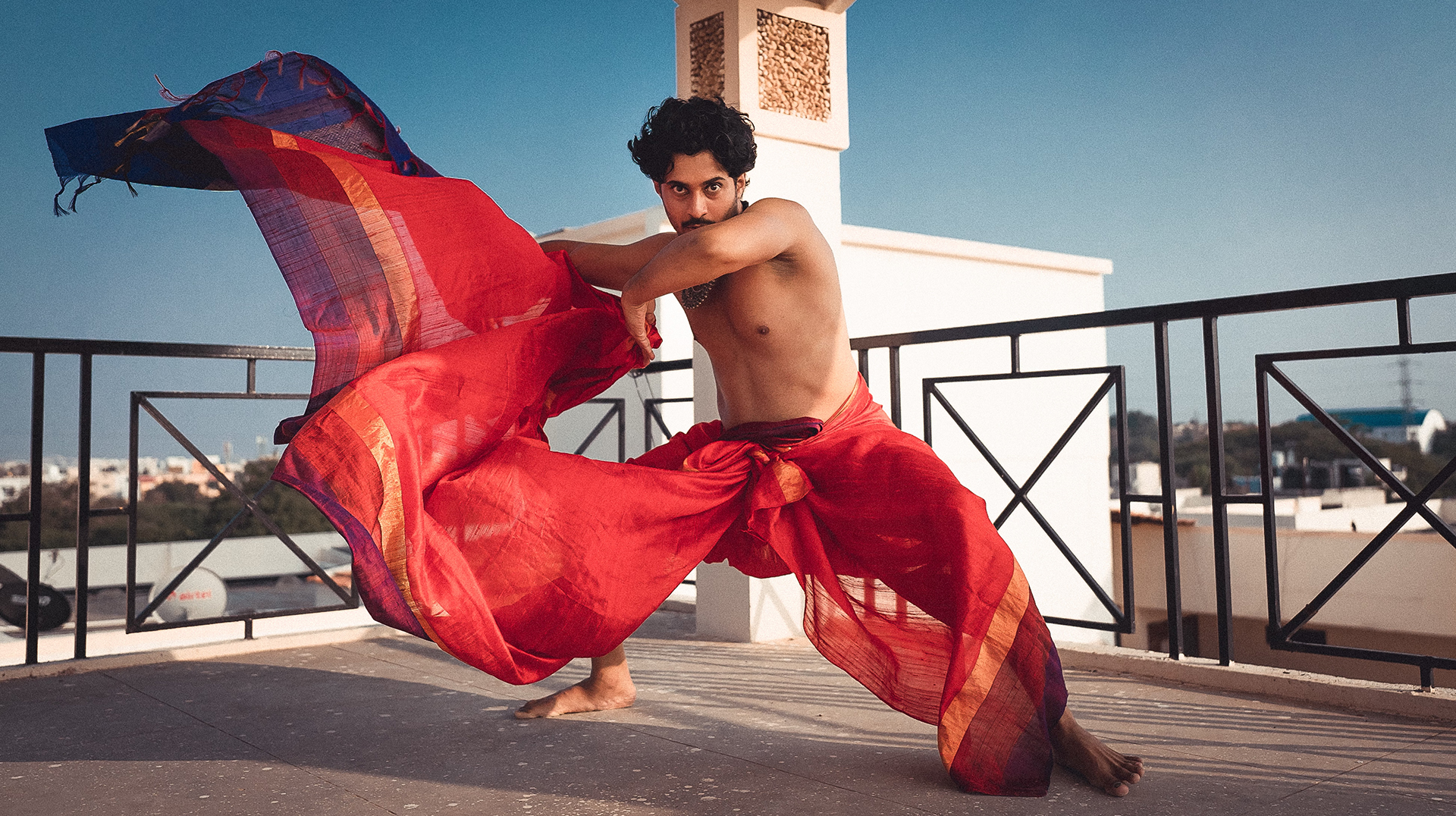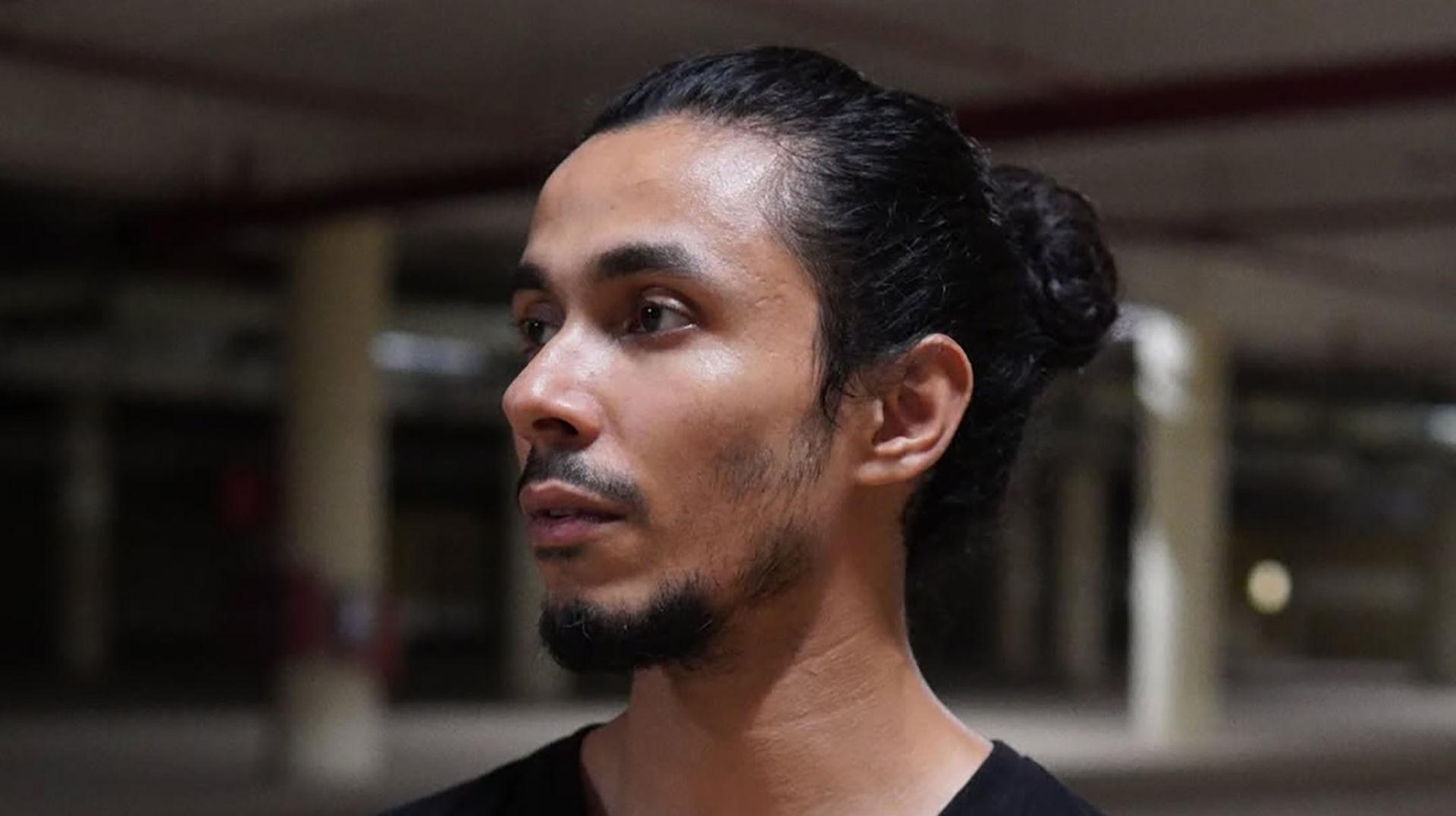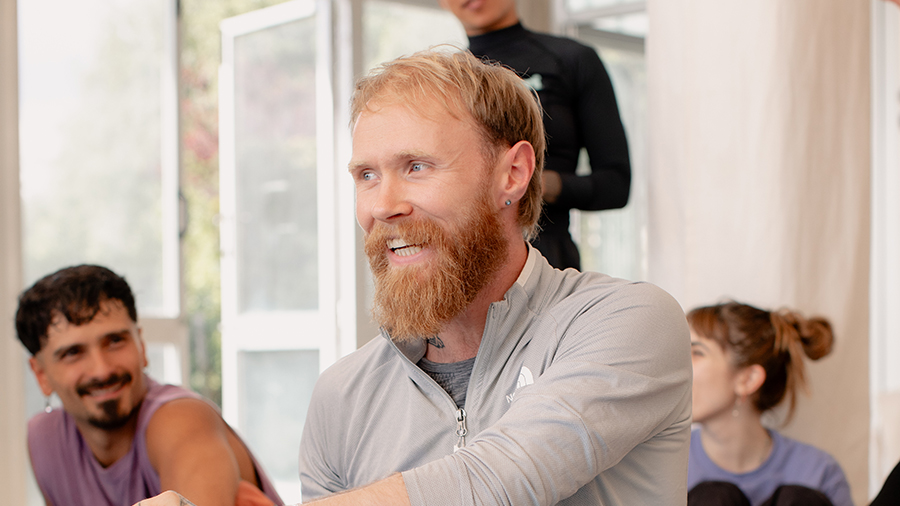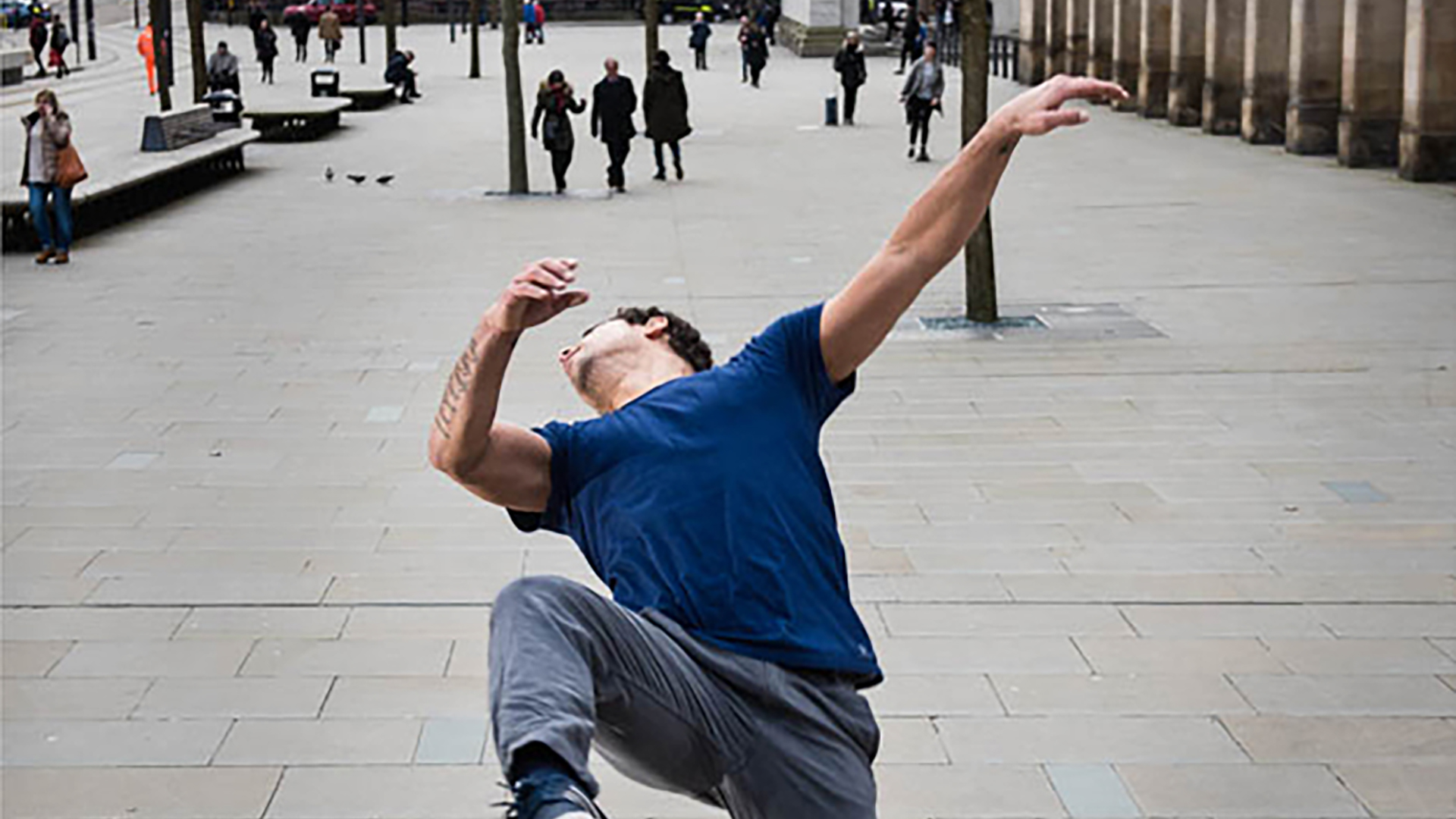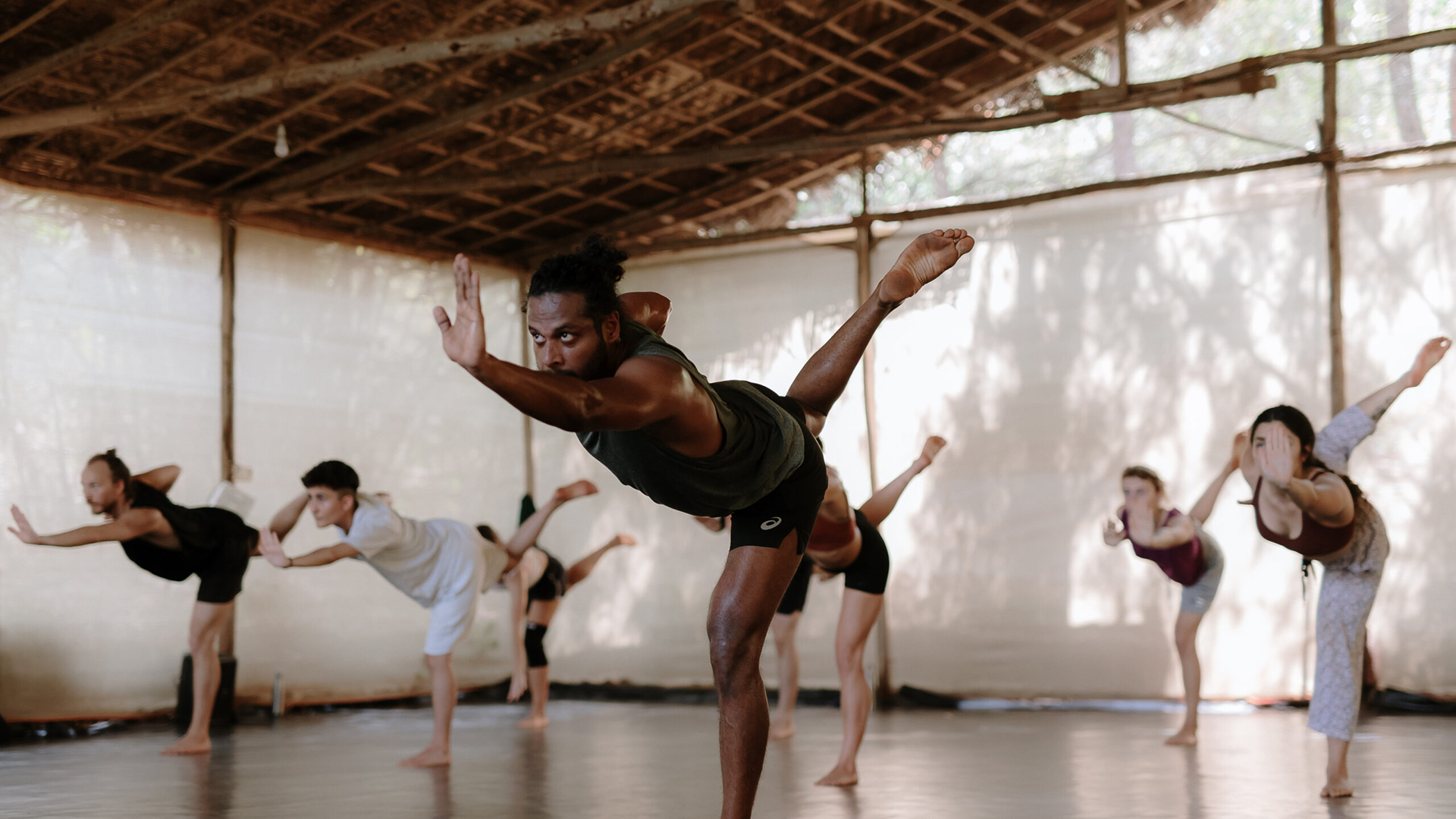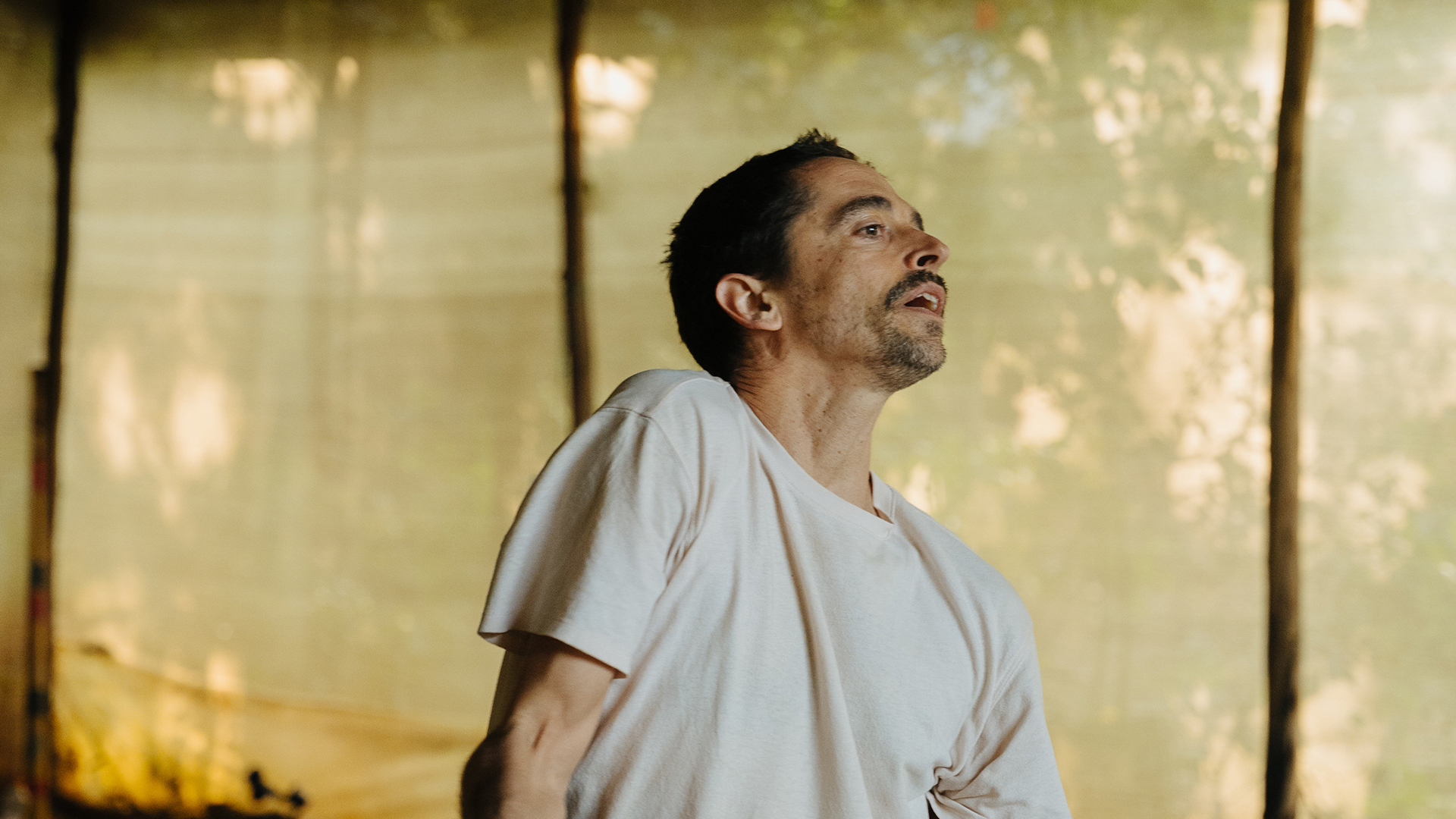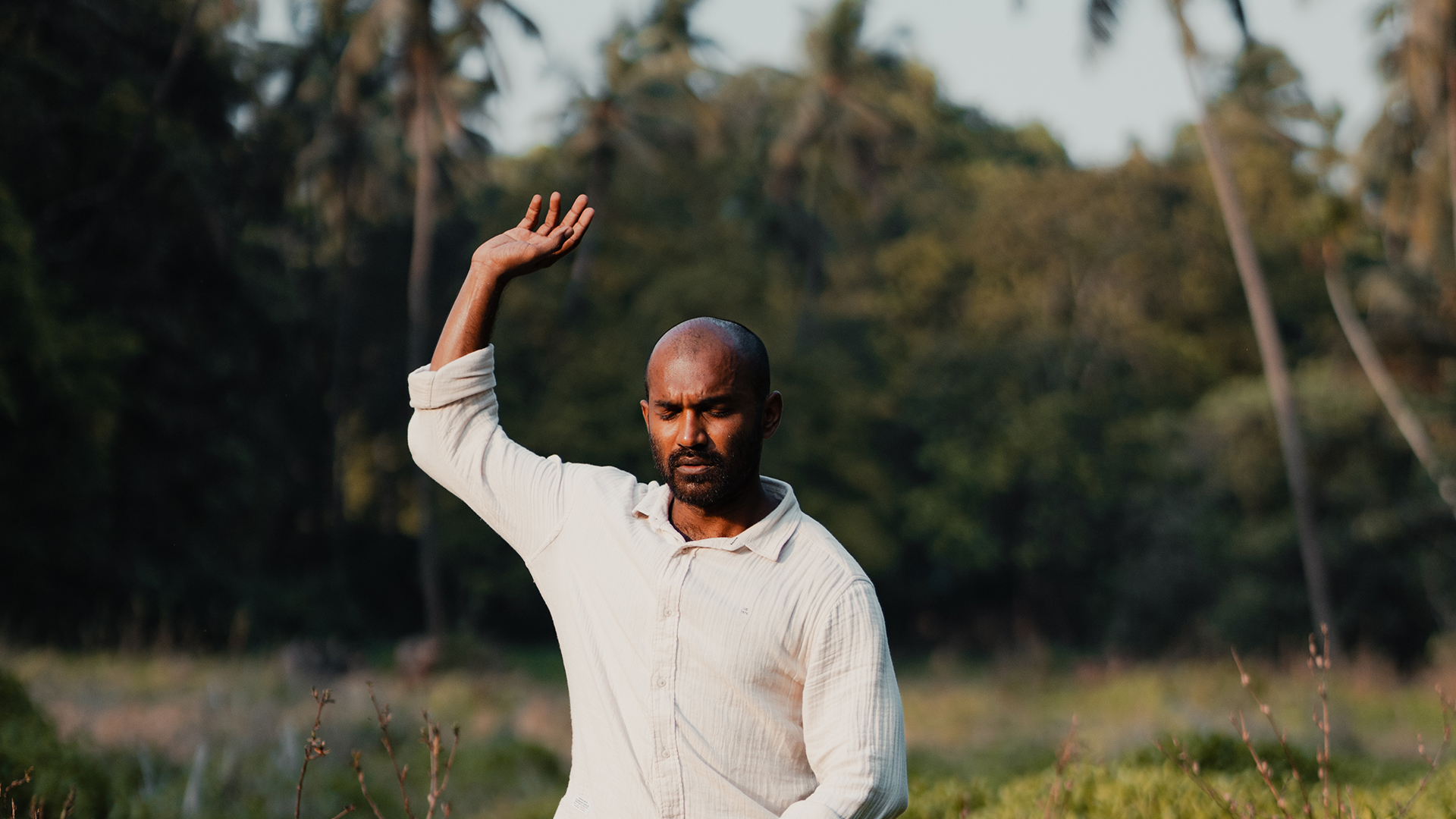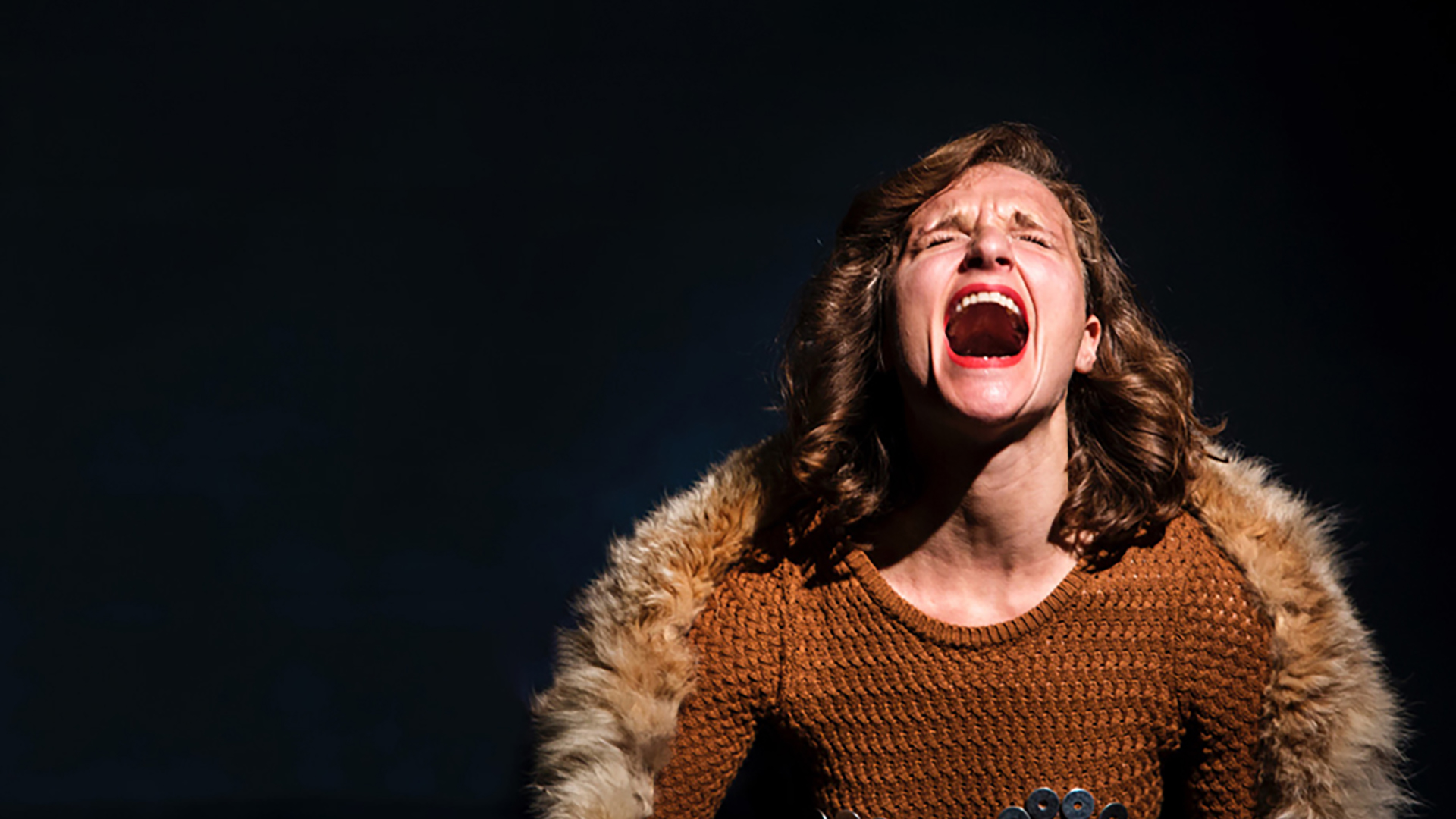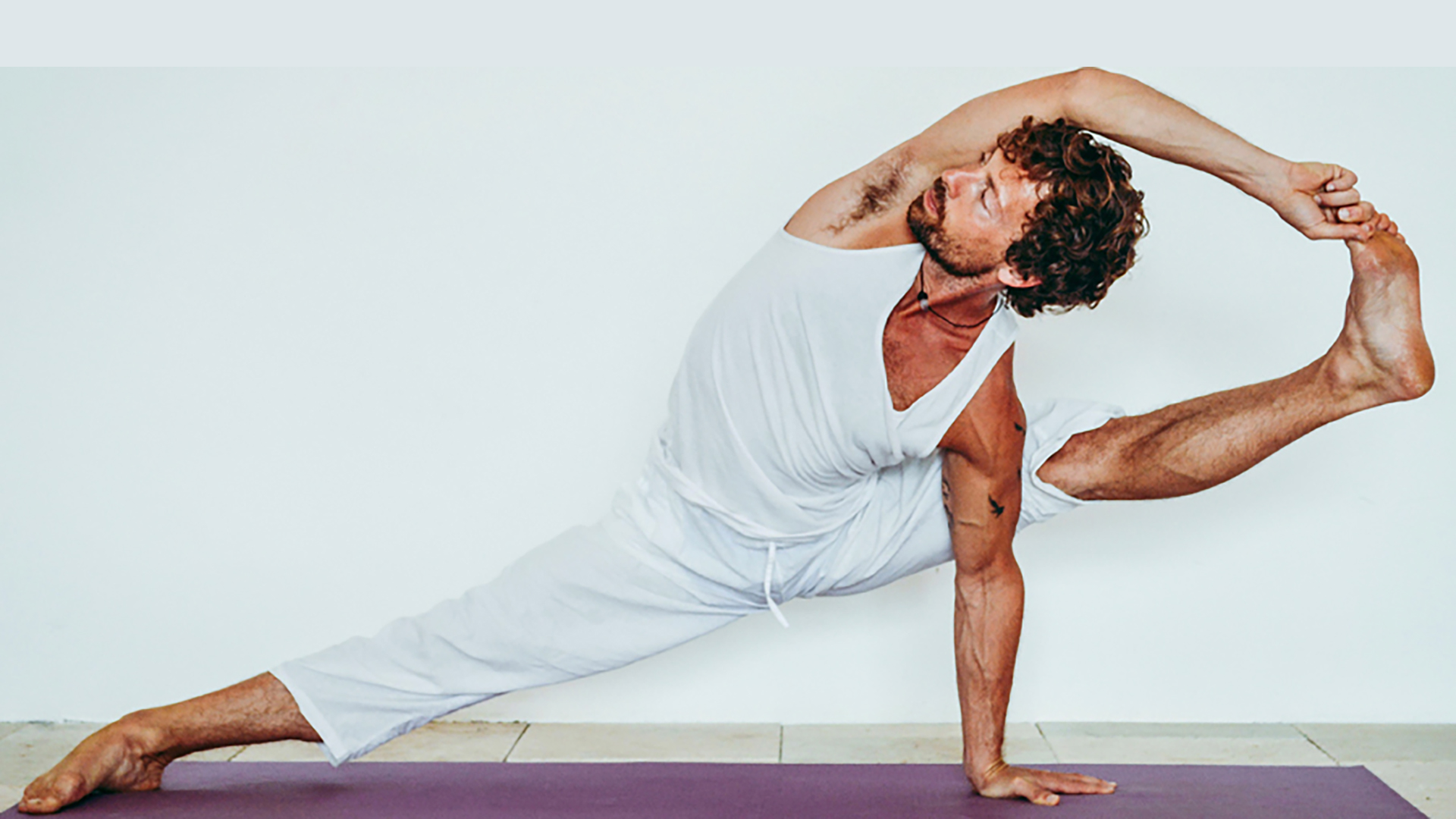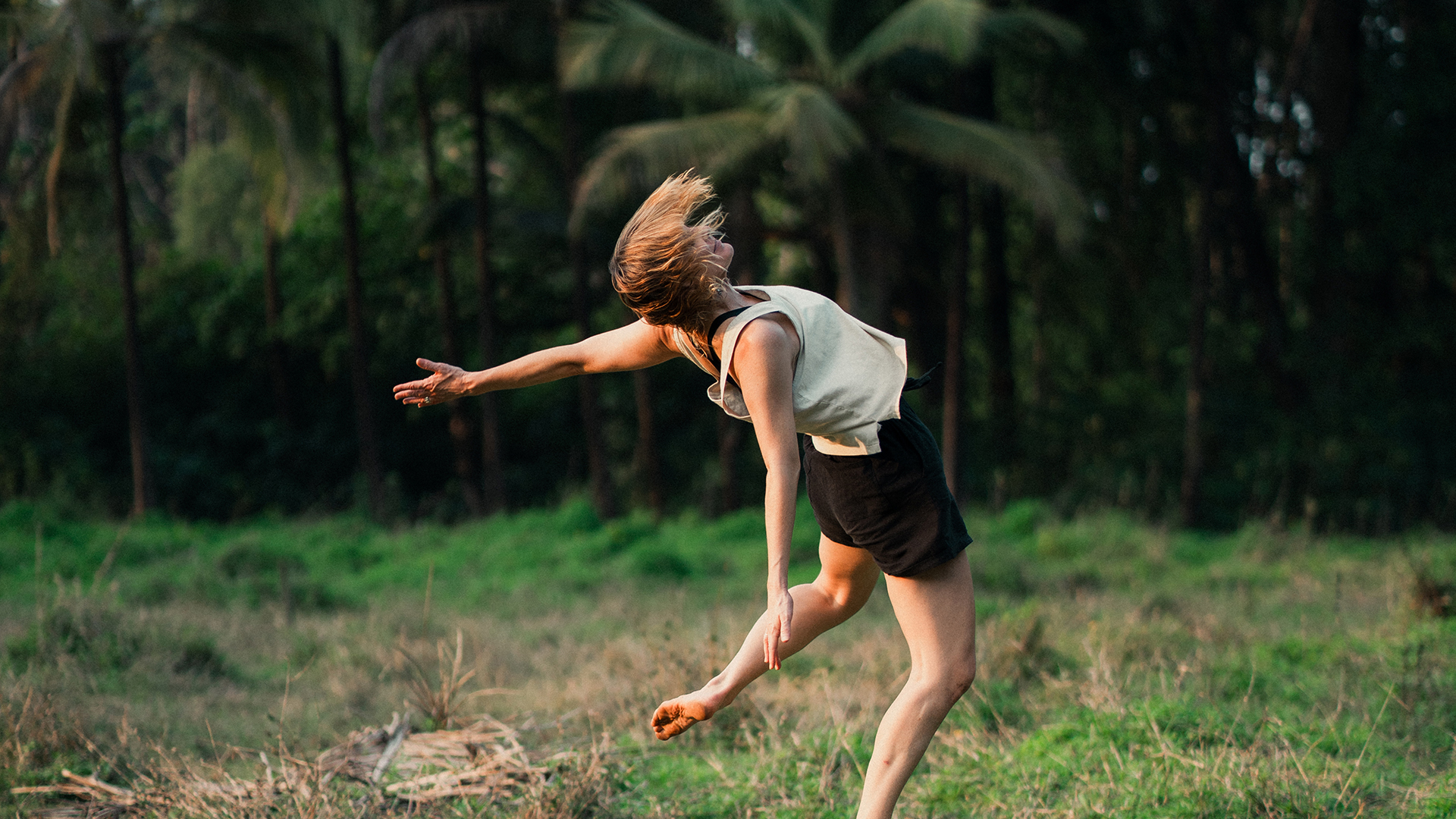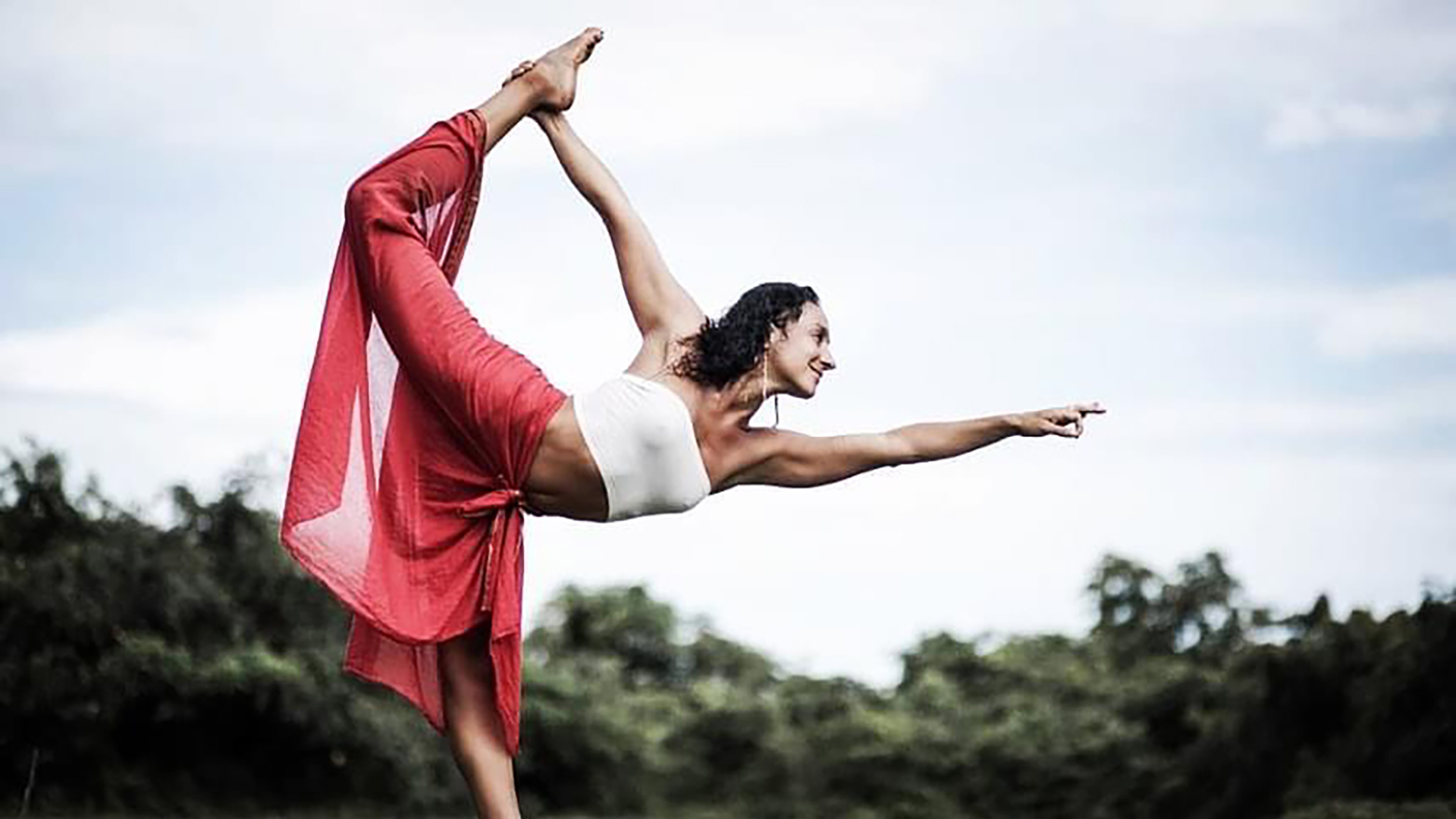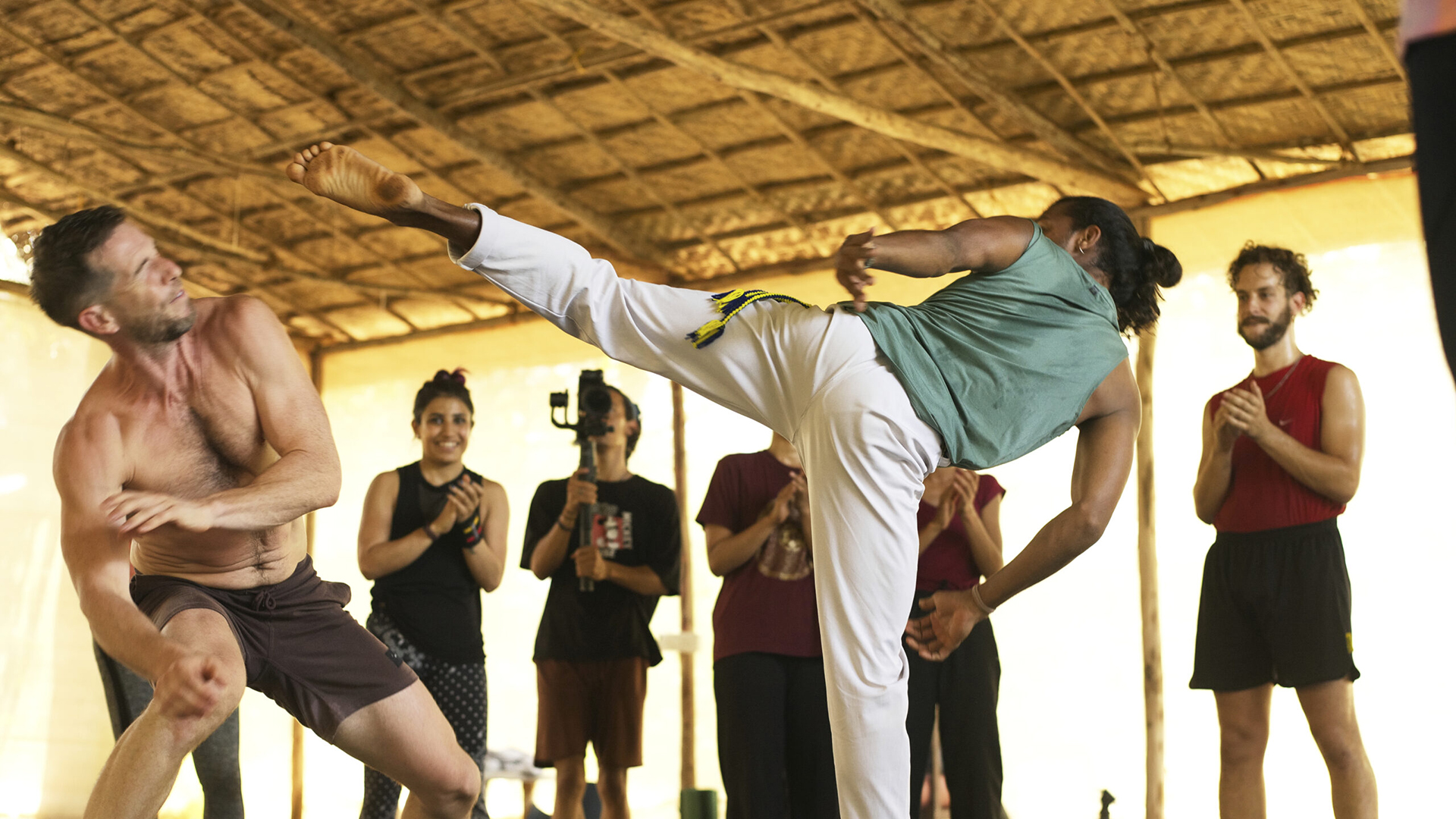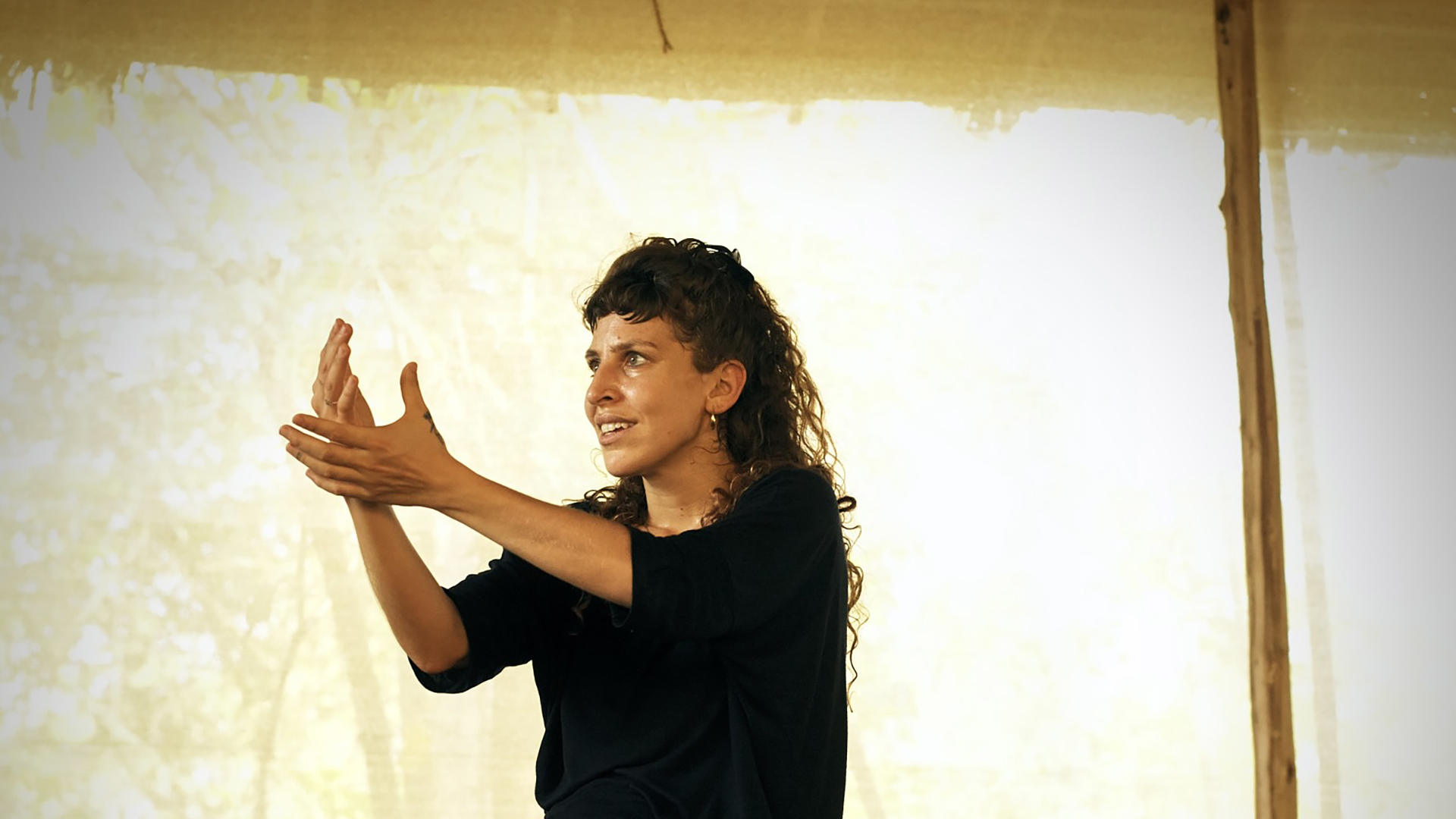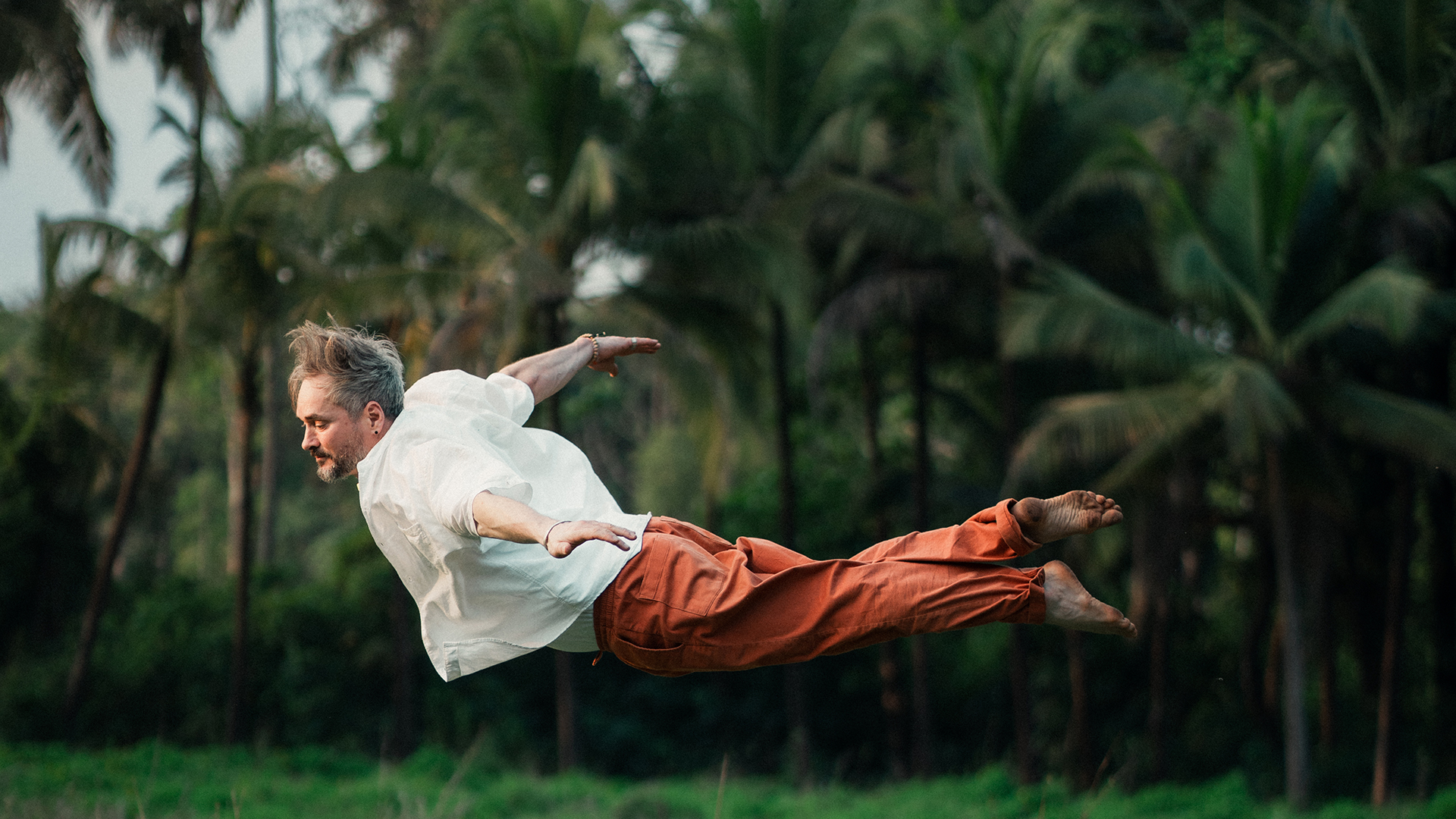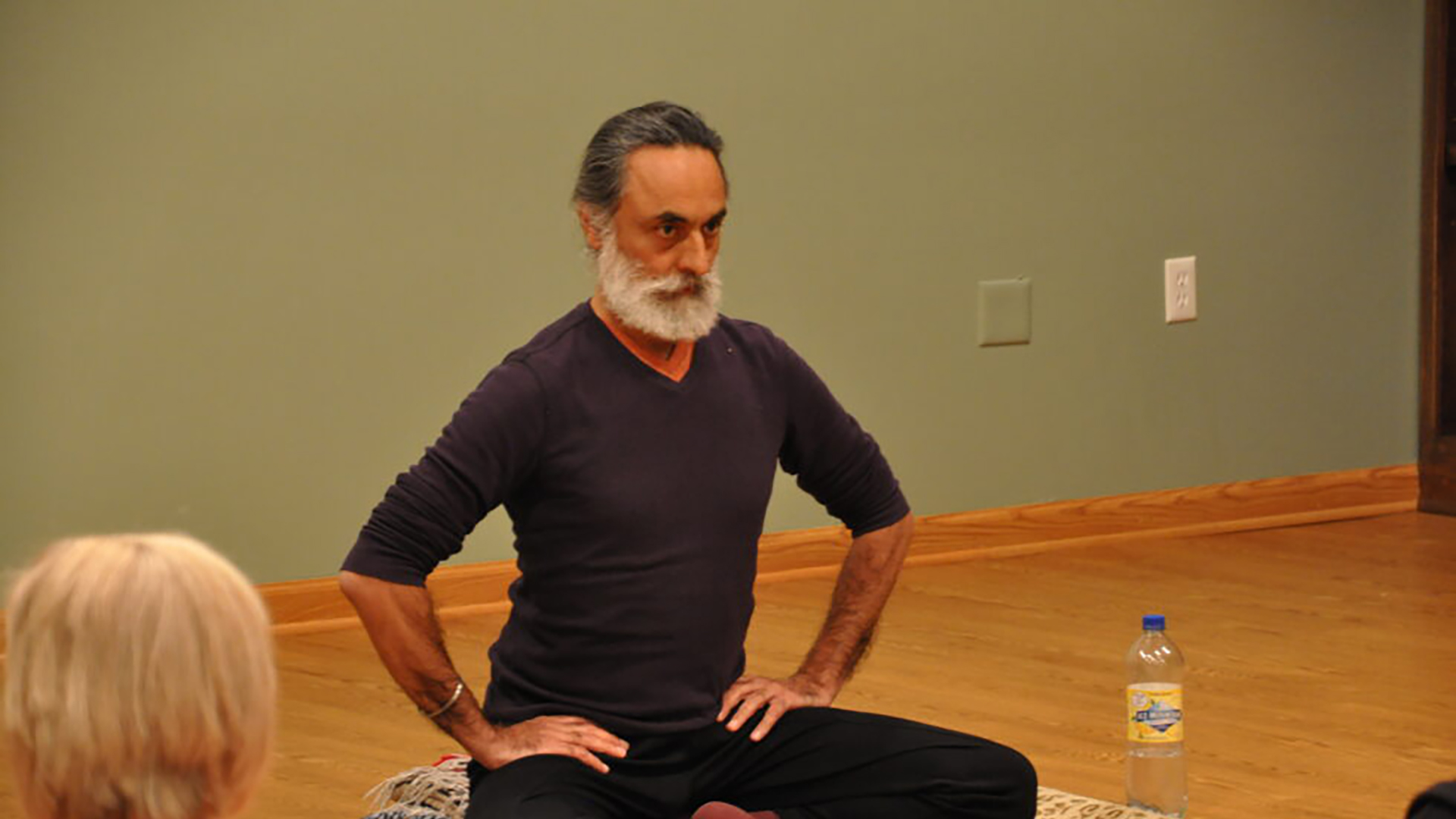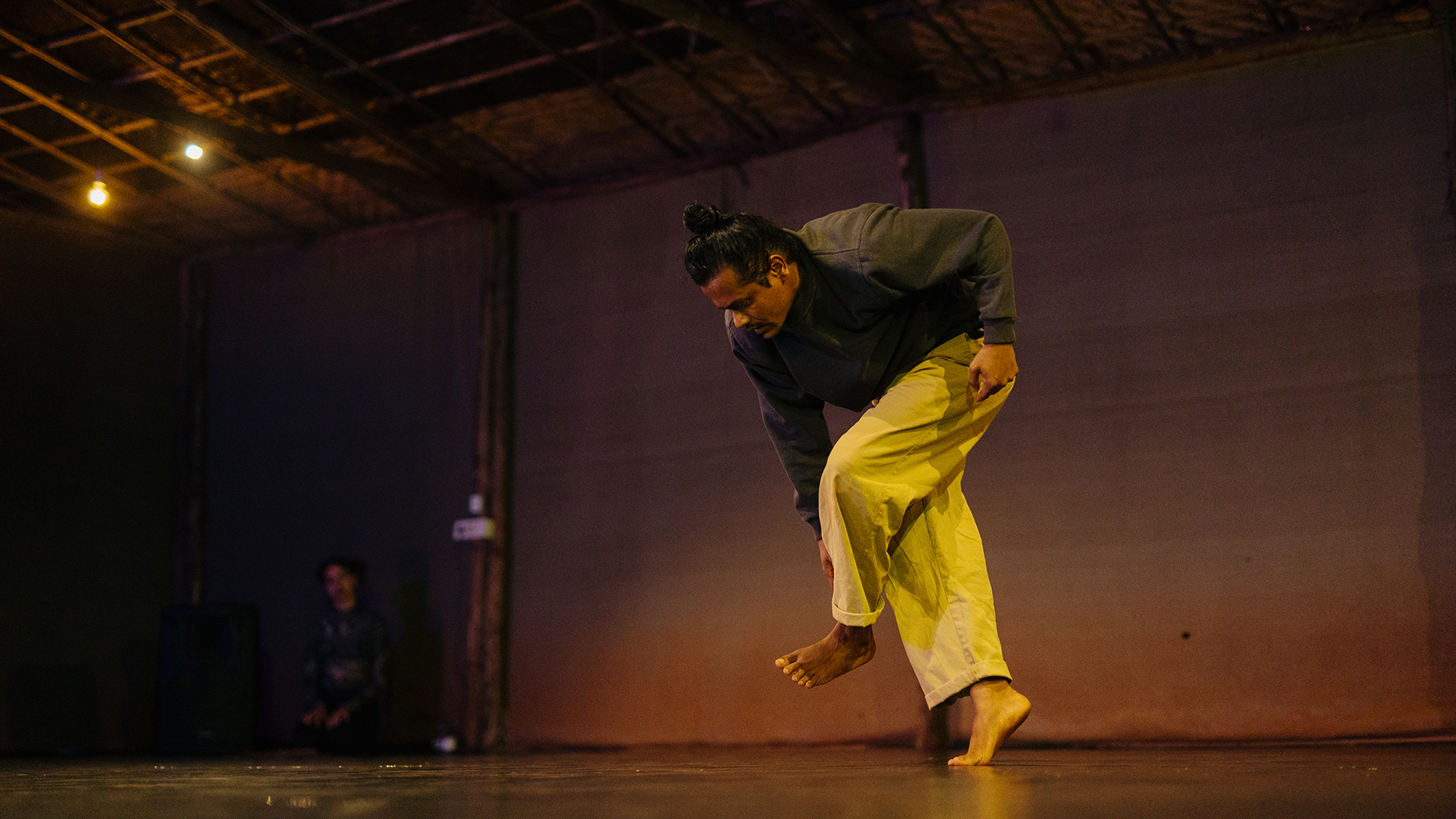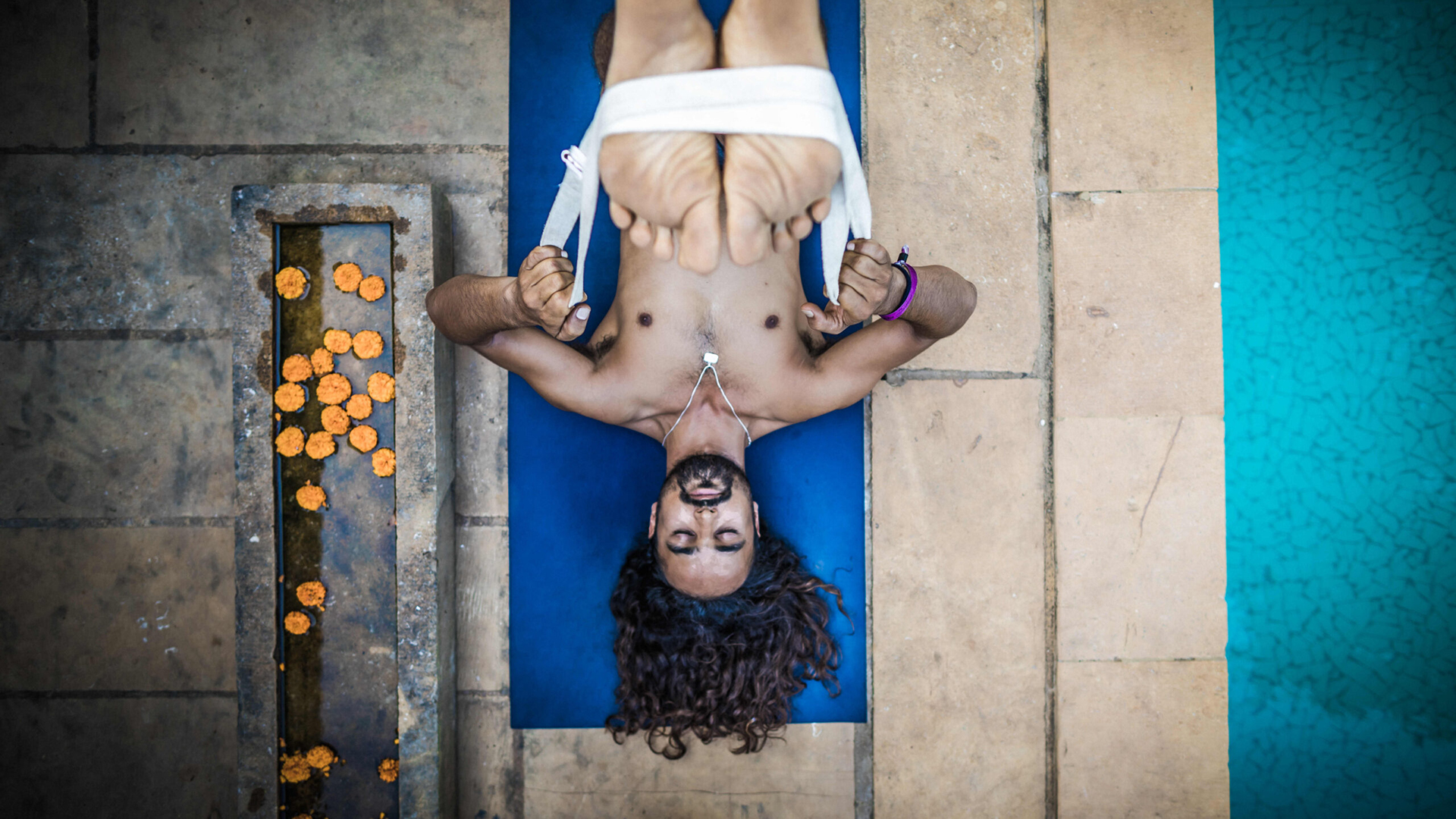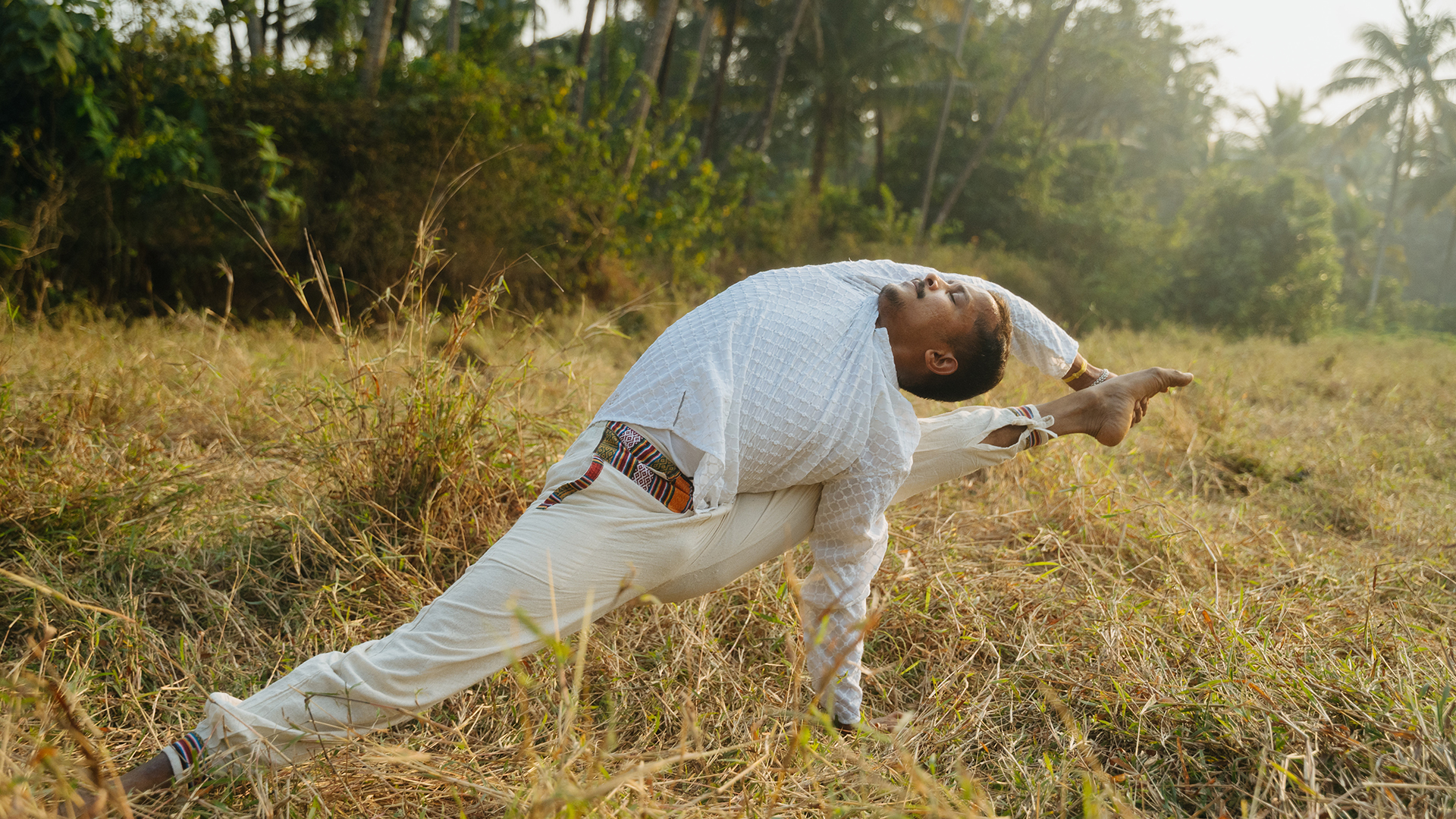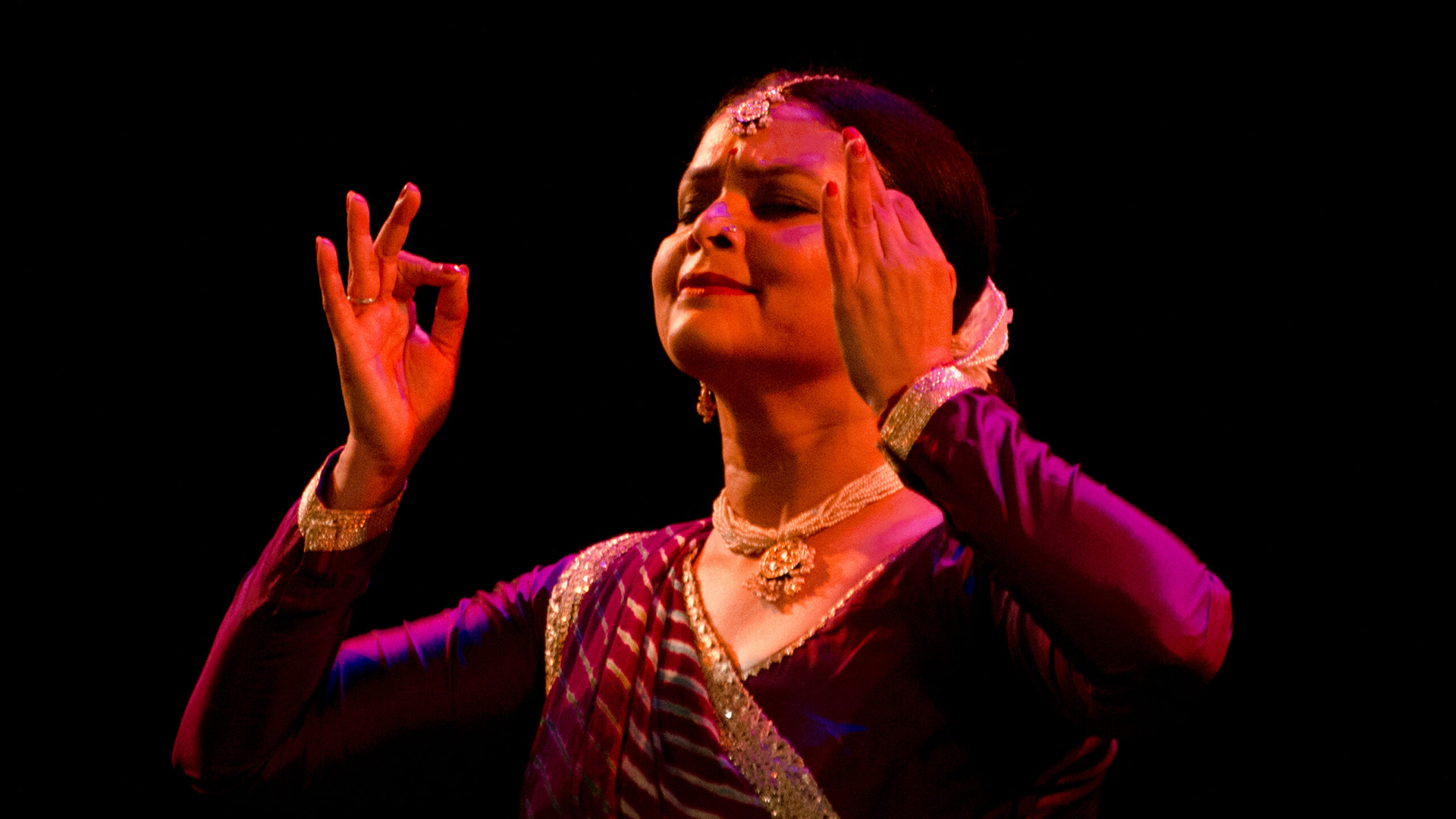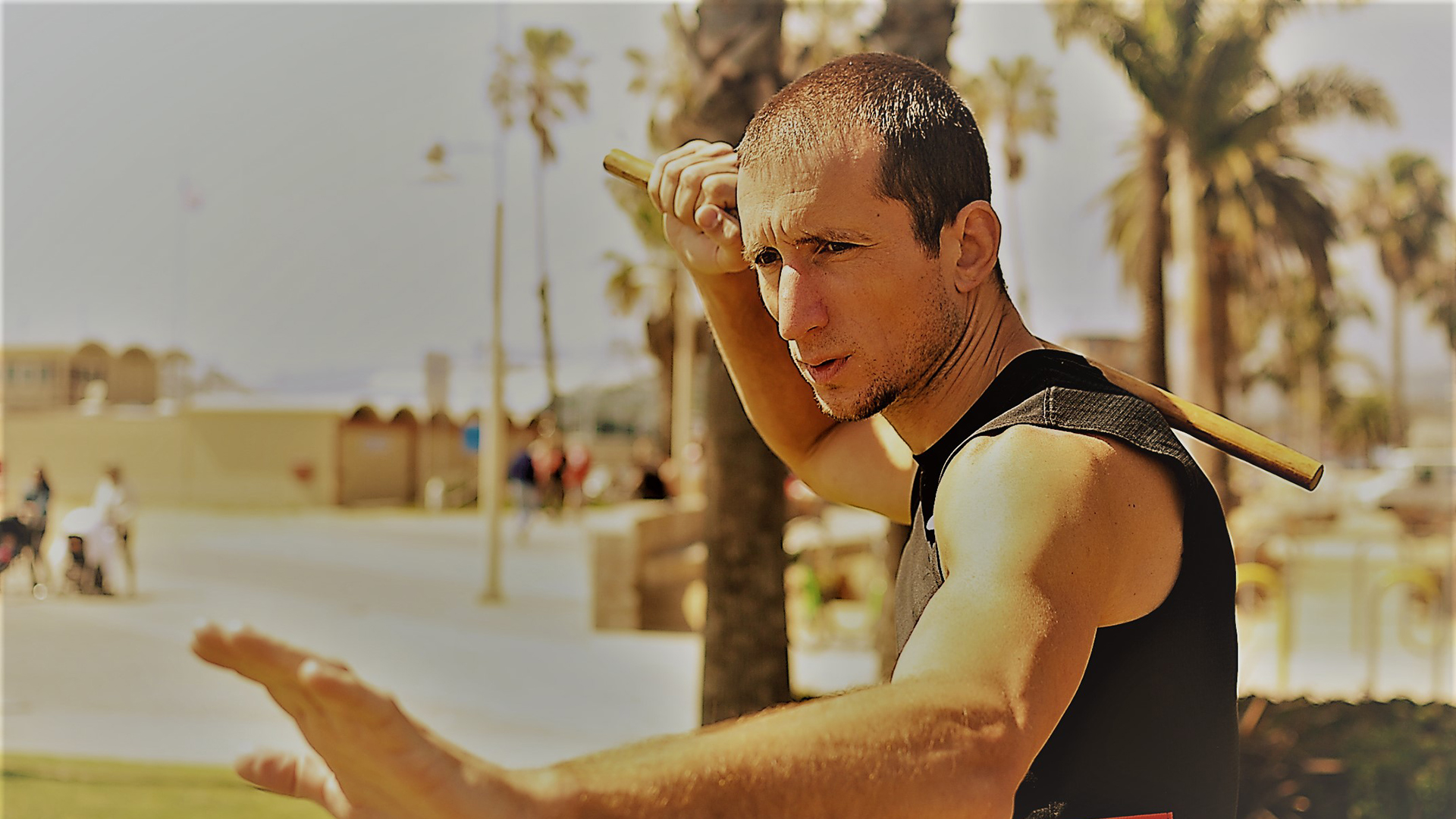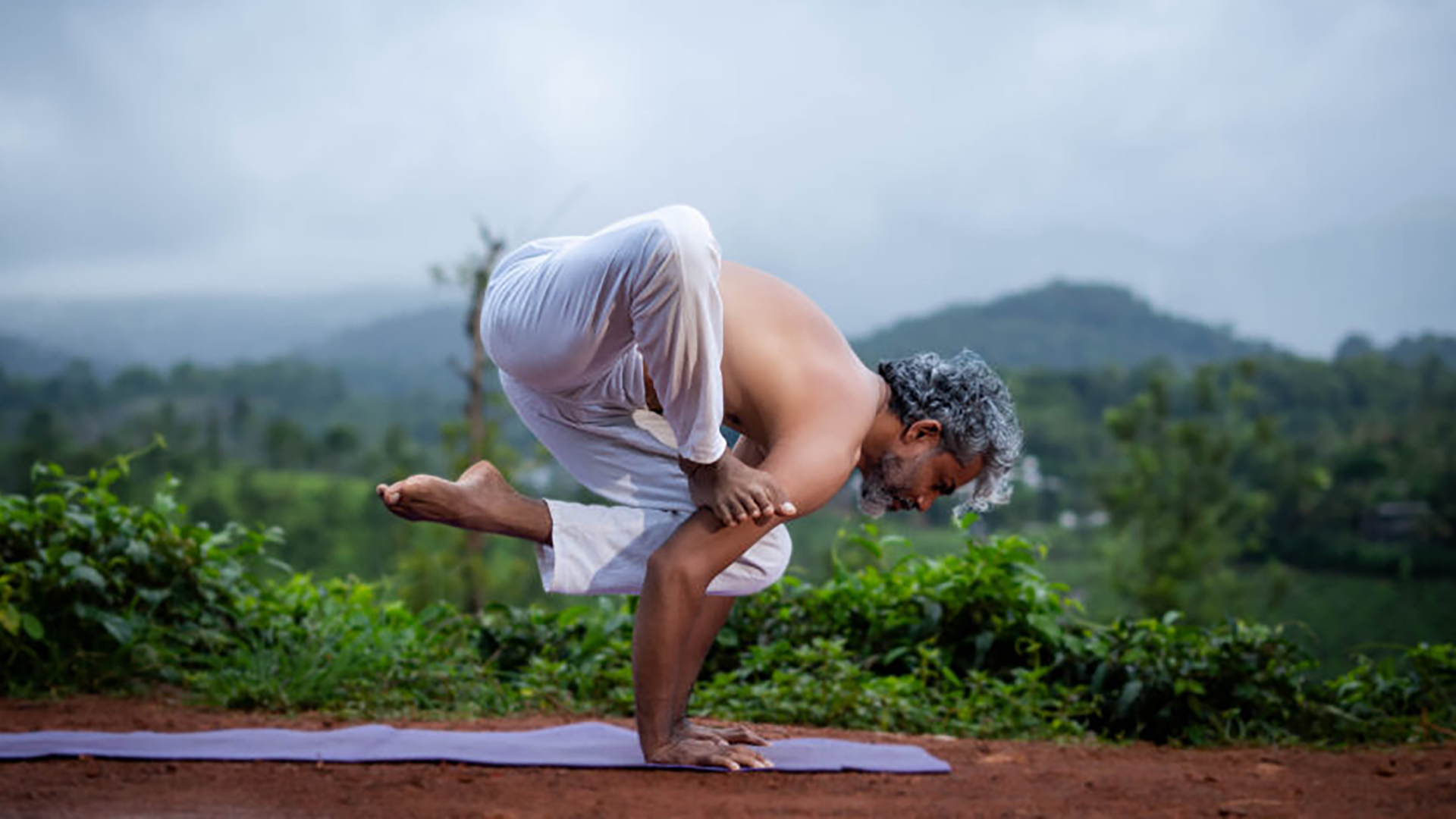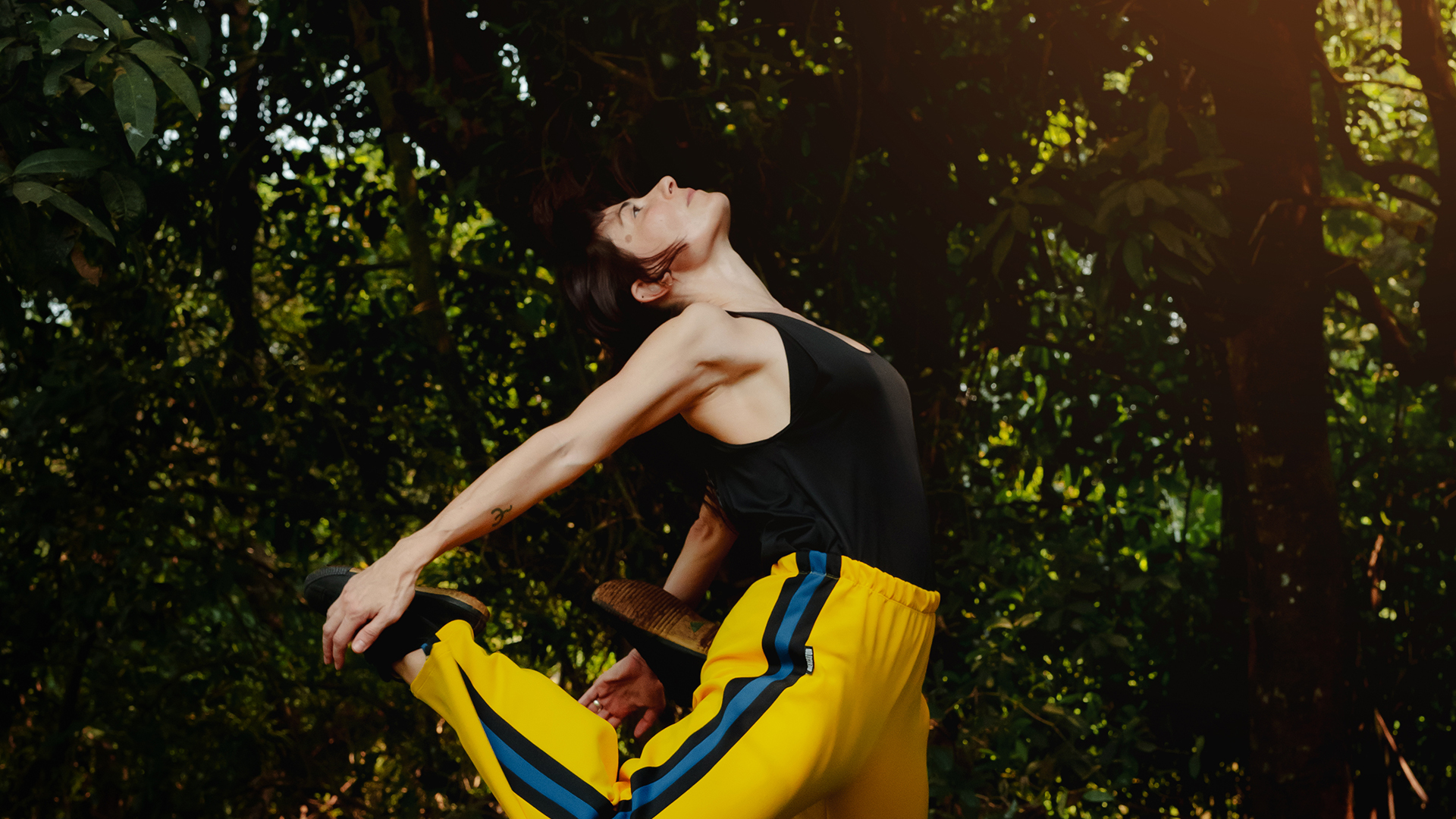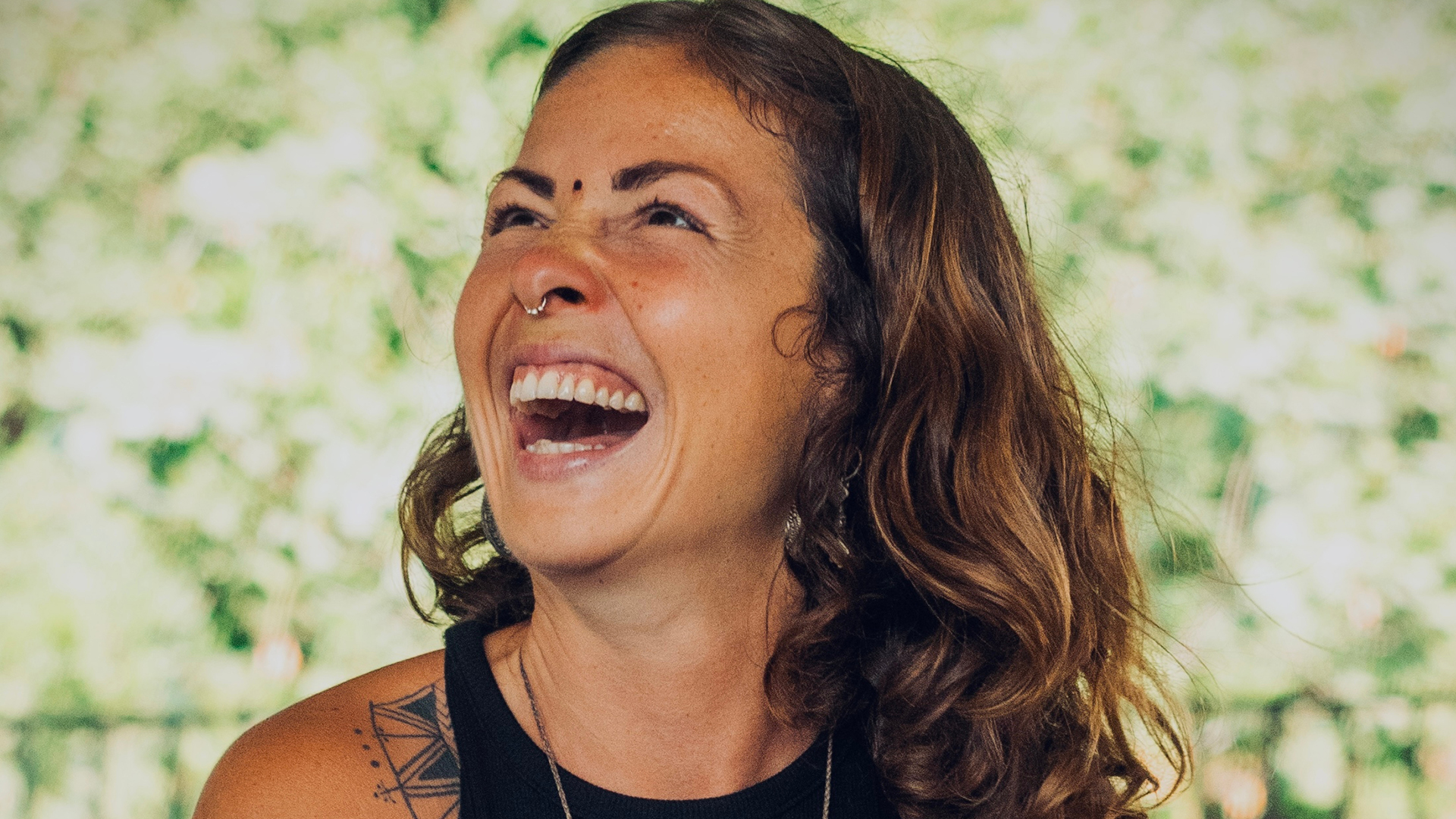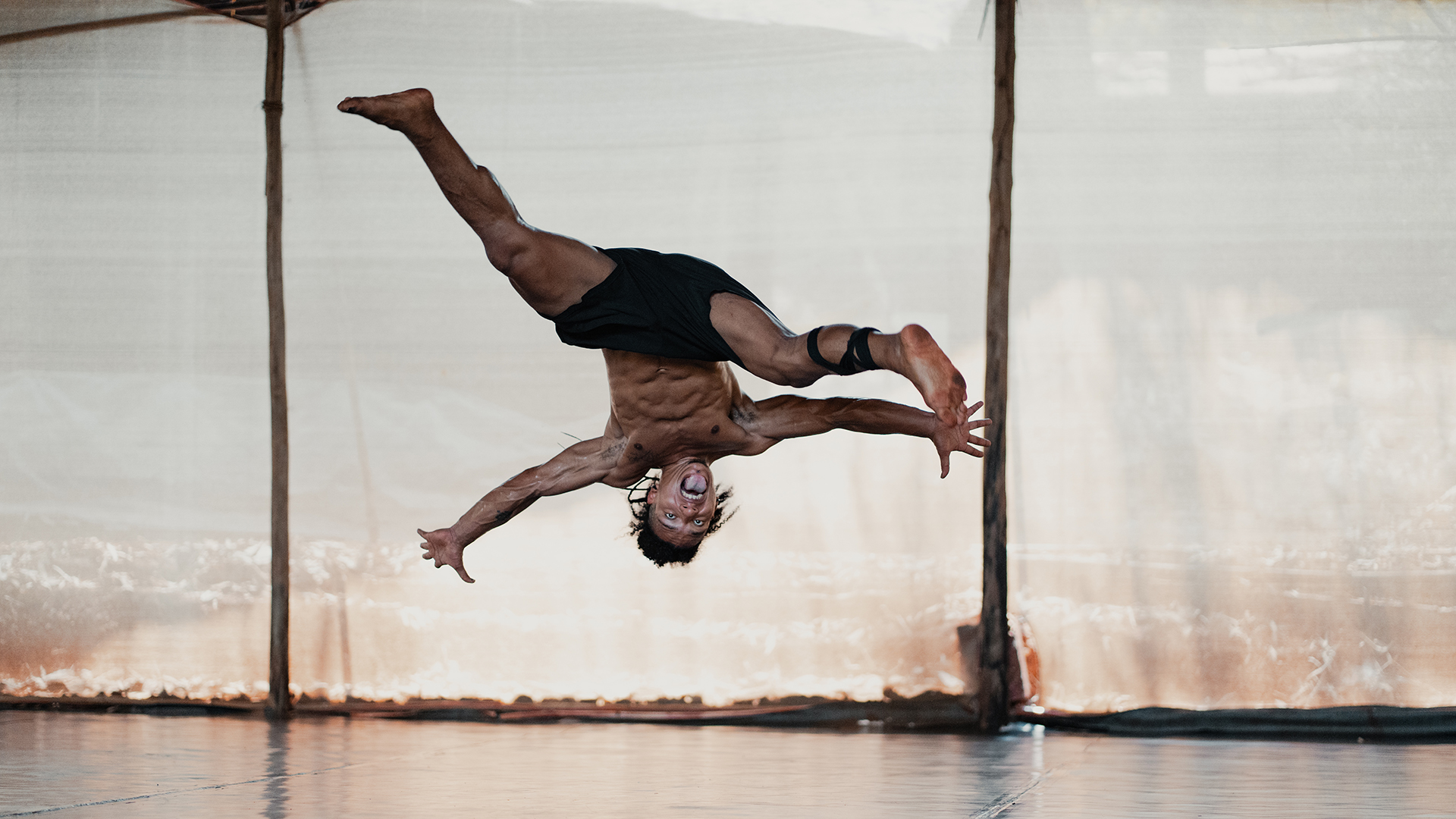Originally from Oxford, Tom is an established lecturer, dance scientist and artistic director working internationally at the intersection of movement, dance and the behavioural sciences. He is the founder of movement research collective Ferus Animi // Terra Nova and director of digital media production company Artes et Artifica, and a former Associate Director for immersive theatre giants Punchdrunk and AR gaming company Niantic. He is the Course Leader on the MA Dance: Performance programme at London Contemporary Dance School | The Place and University of the Arts London, after overseeing the design and validation of the programme in 2023.
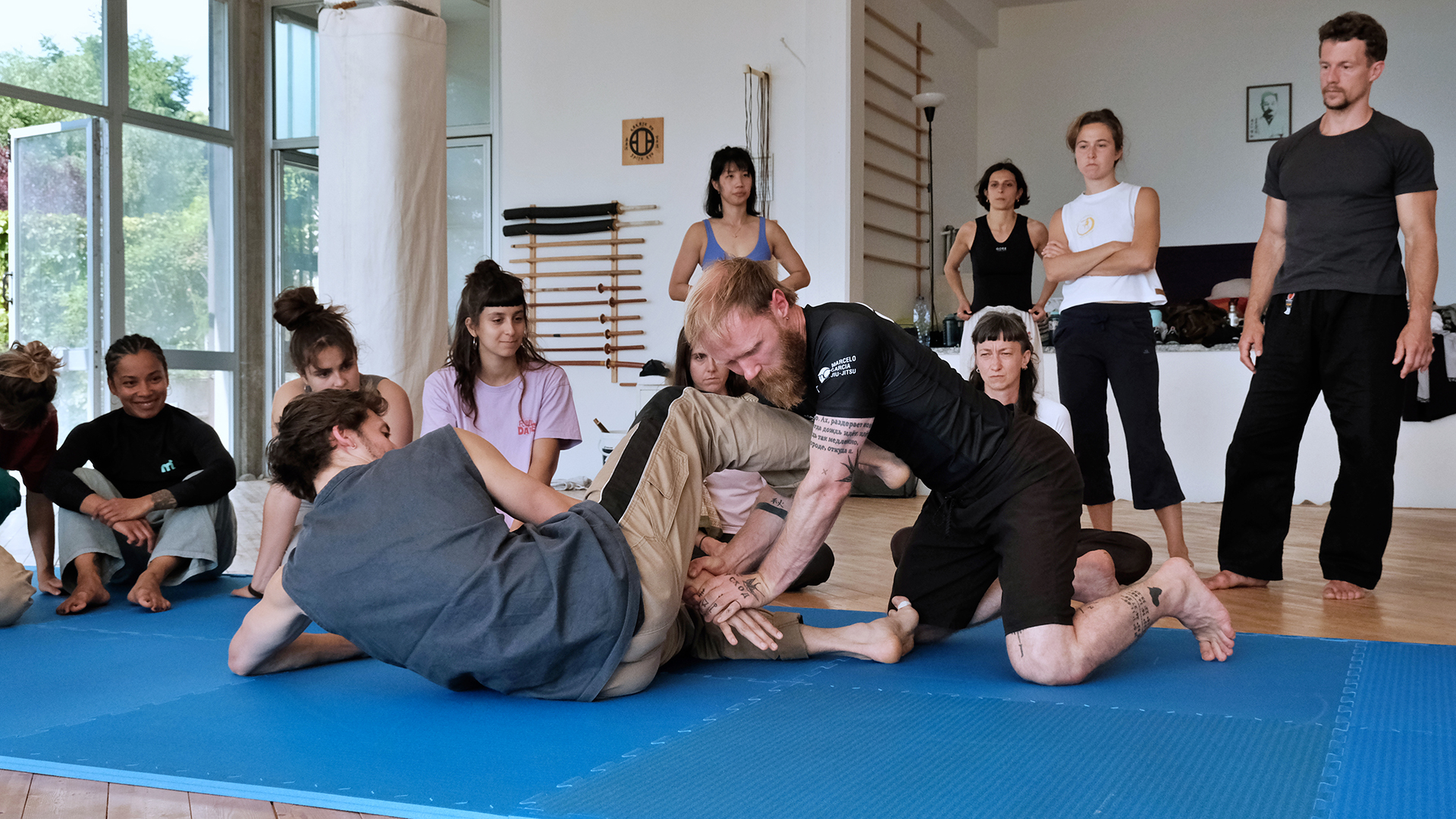
Over a varied multidisciplinary career as a performer, teacher, and artistic director Tom has collaborated with companies such as Ultima Vez, AΦE, English National Ballet, Rambert Dance Company, The National Theatre London, Shakespeare’s Globe, DV8 Physical Theatre and Protein Dance, with musicians such as Kymara, Florence Welsh, Jack White, Penguin Café and Roland Van Campenhout, and with directors and movement directors such as Joe Wright, Sidi Larbi Cherkaoui, Wim Vandekeybus, Felix Barrett, Marc Munden, Xavier Dolan, Tom Hooper, Wayne McGregor, Alexandra Reynolds and James Cousins. He is a regular teacher on the European festival circuit, including at b12 festival in Berlin, Impulstanz festival in Vienna and Deltebre Dansa festival in Catalonia. He has worked as a movement and casting consultant for the TV and Film industries for the likes of Netflix, Warner Bros. Pictures, Universal Pictures and Working Title Films.
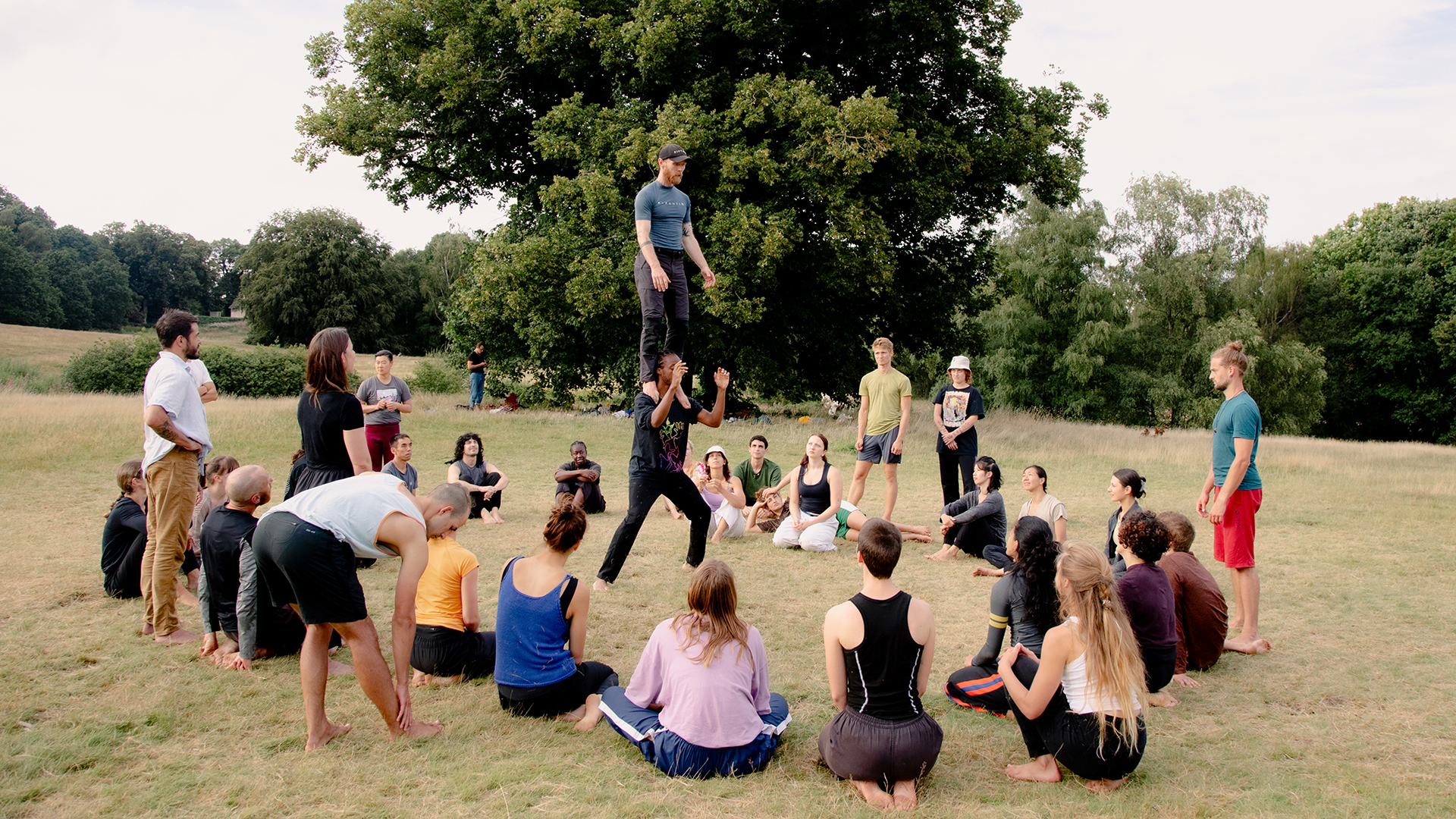
Tom is an alumnus of Rambert (Foundation Degree), London Contemporary Dance School (BA Hons in Contemporary Dance) and Trinity Laban Conservatoire of Music and Dance (MSc Dance Science). He holds academic certifications in Neuroscience and Sports Performance from Barça Universitas and is a current Master of Studies student at the University of Oxford, studying Mindfulness-based Cognitive Therapy. He has shared his research on ‘Neuroplastic Principles for Interdisciplinary Movers’ and ‘The Relationships between Mindfulness-based Training and Flow States’ at institutions including P.A.R.T.S., The Northern School of Contemporary Dance, The Embodiment Conference and The European School of Osteopathy. Building on this research, he designed a body of curriculum on ‘Performance Psychology and Physiology’ for The Oxford School of Drama.
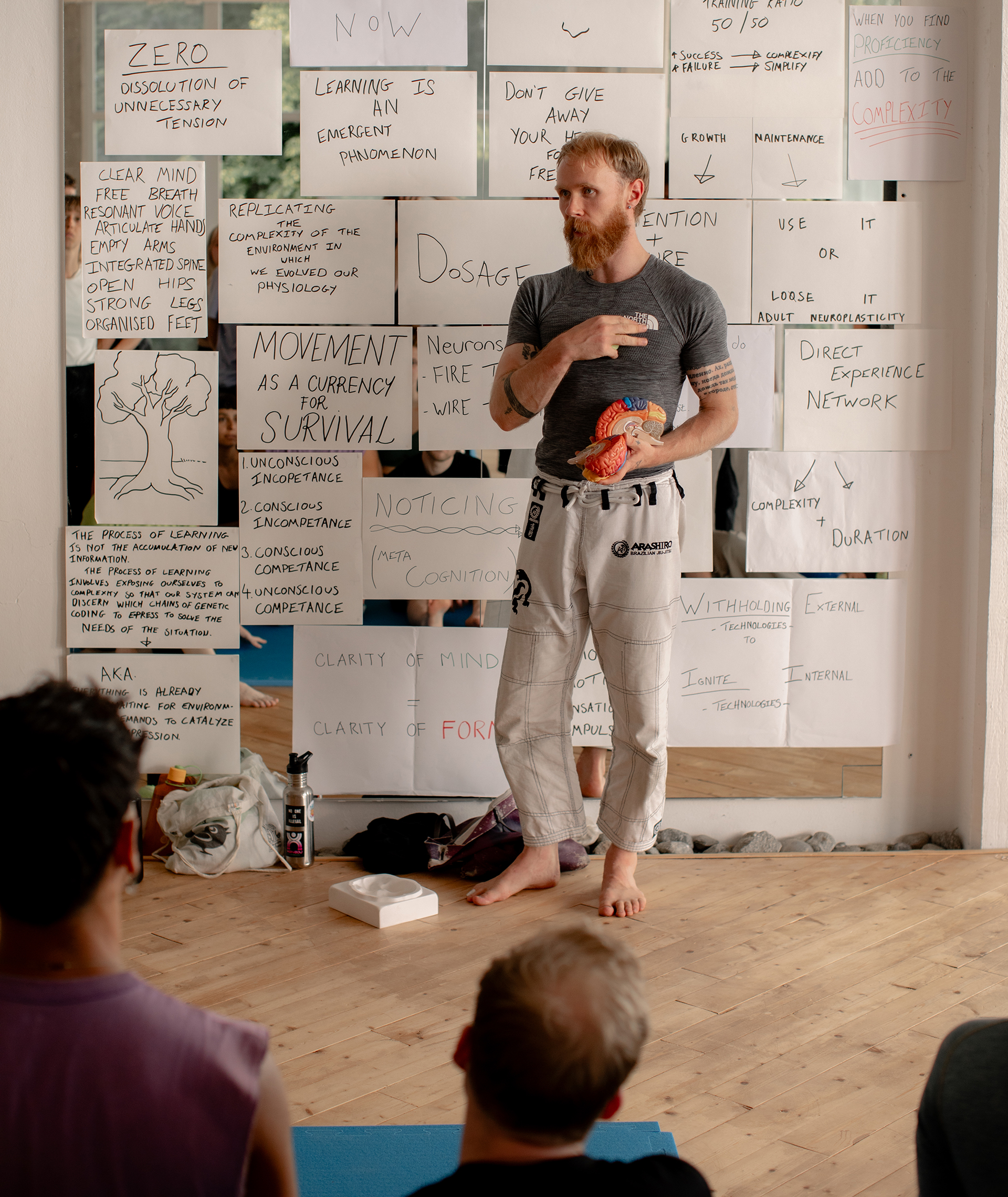
Class and Workshop Description
During the classes we will look to explore the principles of human movement that underlie Ferus Animi // Terra Nova’s training principles, especially focusing on ideas from neuroscientific theory and neuroplastic learning methods. The days will involve a daily form of mobilisations to expose ourselves to movement nourishment for health, athleticism, and longevity. It will involve solo and group improvisation to explore creativity, imagination, and visualisation. It will involve both collaborative and competitive partnering games, to shine a light on our movement blind spots. It will involve scientific theory around performance psychology, evolutionary physiology, behavioural neuroscience, and functional biomechanics. It will be physically challenging and mentally stimulating and is designed to expose participants to a daily dose of functional failure. It will involve cultivating a rigorous and demanding learning environment and positive motivational climate, in which participants can learn from themselves, each other, and the exercises in an optimal developmental manner, guided by both the research and our collective instincts.
Morning Sessions
During the mornings, we will start each session with a daily practice form, integrating aspects of meditative and contemplative practices, mobility, conditioning, somatic attunement and the use of imagery and visualisations to prepare ourselves for the complexities of the day. Morning sessions will then move into exploration of efficiency in movement, working through floorwork and locomotion patterns to build increasingly dynamic pathways through space, eventually integrating athletic and acrobatic patterns while retaining a focus on economy of energy and utilising gravity and ground reaction forces. Time will be kept at the end of each morning session for theoretical discussions around the day’s practice as an integrative act to support learners’ ongoing development.
Afternoon Sessions
In the afternoons, we will utilise partner work as a tool for physical development, exploring both collaborative improvisational partnering exercises and competitive body-to-body games developed within martial arts frameworks such as grappling, in high-energy and playful formats. We will explore biomechanical principles of the human anatomy through balance work, and finally study our human circadian rhythms and state regulation through parasympathetic nervous system regulatory practices at the end of each afternoon, to finish the day in a restful and centred state.
